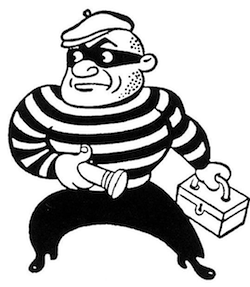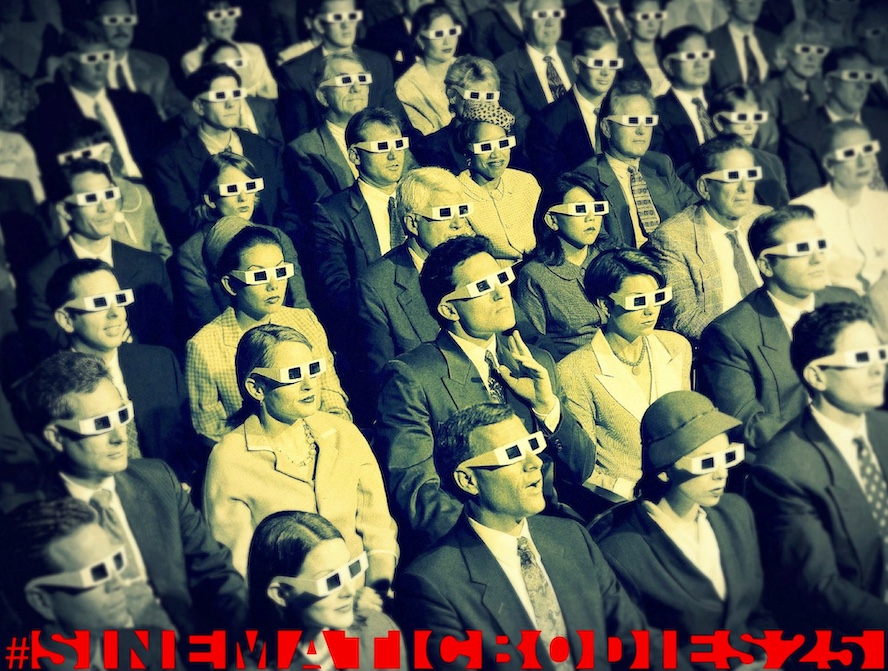 Fiction,
Film, Visual Arts, Cultural Studies,
Comparative
Literature & Theory in the
Televisual Age of AI Spring 2025 | ECL 595.02 | MALAS 600D Tuesdays & Thursday 9:30am to 10:45am | NE 271 Professor William Nericcio
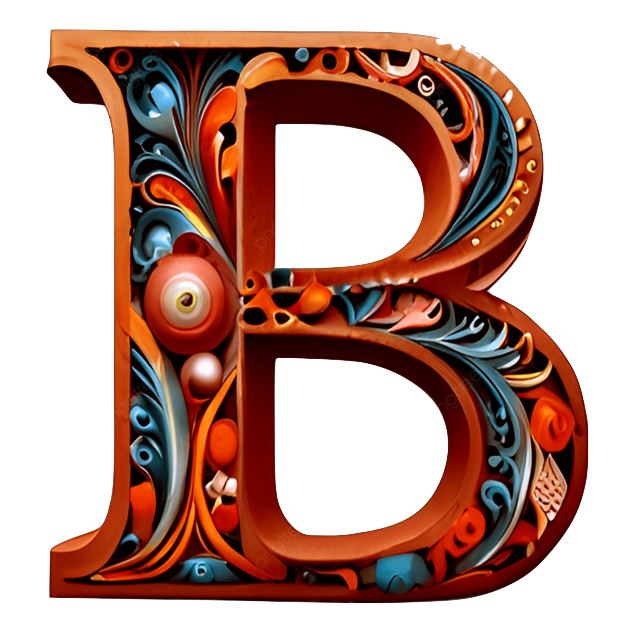 ack in the day ECL 595 was called Comparative Literature 595
and not much has changed since those medieval days of
yore. New name notwithstanding, this is still a class
about "Literature and Aesthetics," or Literature and the
Sister Arts. ack in the day ECL 595 was called Comparative Literature 595
and not much has changed since those medieval days of
yore. New name notwithstanding, this is still a class
about "Literature and Aesthetics," or Literature and the
Sister Arts. Comparative Literature, as a field, is all about (wait for it) comparisons. The rise of the novel in France, versus the same in Mexico; the evolution of lyric poetry in ancient Greece versus that in ancient Rome, etc. More recently, Comparative Literature has been more obsessed with cultural and interdisciplinary studies--the relationship between literature and film, literature and theatre, the novel and cinema, the essay and photography. Our version of this class, entitled SINEMATIC BODIES, will lean into the more recent incarnations of English and Comparative Literature as our readings, screenings, and "seeings" will live on the borderlands between fiction and visual storytelling -- in other words we will spend a semester in something called the televisual: novels obsessed with cinema; cinema obsessed about books. Thematically, we will be investigating the notion of "sin," of "transgression" -- we will live in and on the verge all semester as we question why masterworks of literature and cinema are obsessed about other media: Antonioni's sinematic masterpiece Blow-Up is nothing more and nothing less than a meditation on still photography; Peter Greenaway's The Pillow Book -- like Miguel de Cervantes's Don Quixote -- is an exposé on literature as an odd form of fetishism, where bodies of ink and paper replace flesh and blood; Nathanael West's Day of the Locust, a scandalous novel, can't get Hollywood and the movie biz out of its head. Needless to say, all three works mull the nature of human transgression. The class is open to undergraduates and graduate students of all species and specializations. The list of required works is still under development. Check with Dr. Nericcio, bnericci@sdsu.edu, for updates. There will be something to arouse, delight, and offend all the brave souls who sign up for our outrageous voyage--a bizarre pilgrimage of sorts in search of quirky, funny, shocking, and controversial books, films, and art. We will watch movies where protagonists (and the director / author) are crazy about books. Books, where Cinema rules the order of things. The particular thematic emphasis of this class will be something called the "Sinematic Bodies," a shorthand way of reminding ourselves of the major themes of the class: Sin, Cinema, Film as Bodies of Light, Books as Bodies of Ink, etc.; so you can expect us to spend NO LITTLE time reading books, watching films, studying poetry, devouring graphic narratives, and inhaling pieces of art that feature curious, damaged, individuals (shattered bodies, twisted psyches) finding solace or further madness in Hollywood and beyond. Think of movies as an influenza, cinema as a seductive plague, and you get an idea of the kinds of works and ideas we will collectively pursue -- we're not calling it 'SIN'ema for nothing! |
||||||||||||||
| #sinematicbodies25 REQUIRED BOOKS 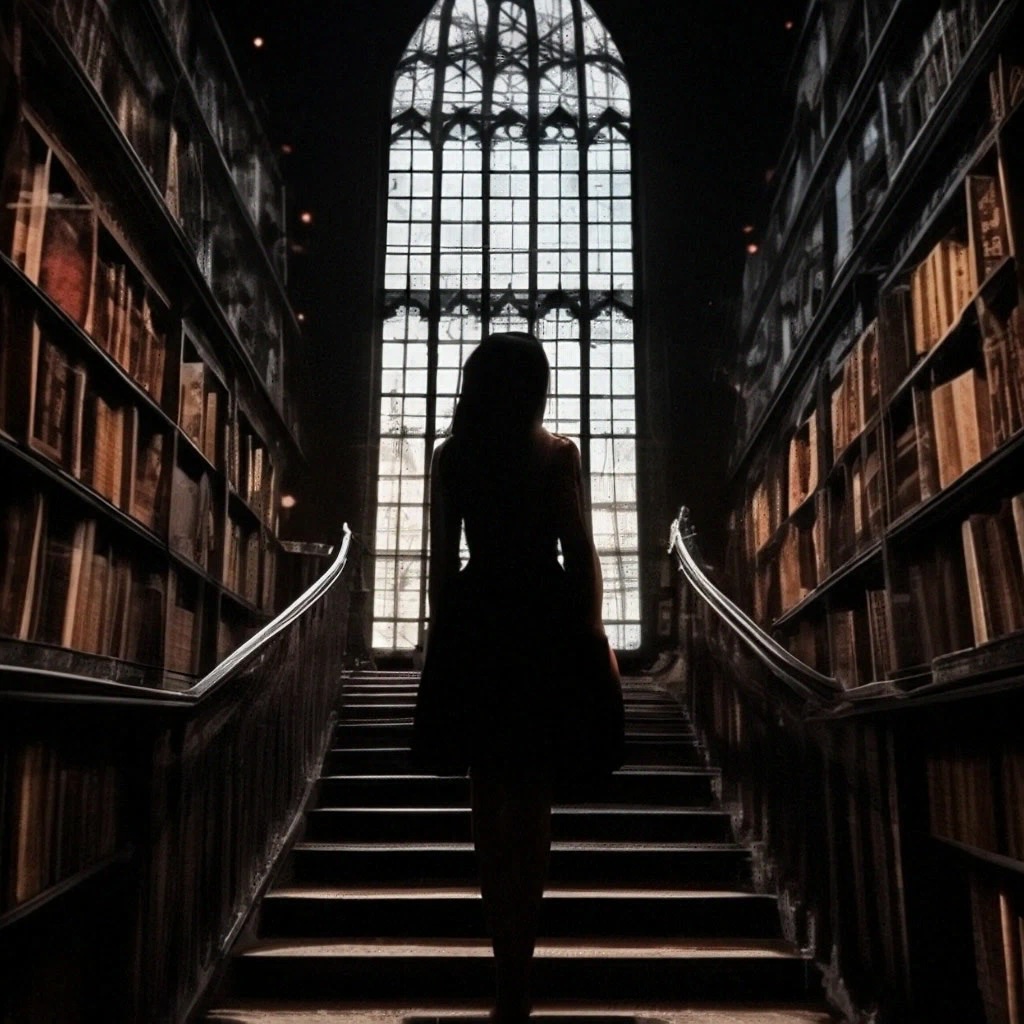 Please Avoid DIGITAL BOOKS* -- all students should bring their delicious literary jewels made of paper, ink, and glue to our "Chamber of Sinematic Scrutiny," aka North Education 271, for discussion! Also--please note that the book links provided below are included to ensure you pick up the correct edition of the required books, NOT to make Jeff Bezos more money at Amazon. All the correct editions may also be available from Aztec Shops Bookstore* Are used books OK? Of course they are and so are the rentals--but beware! ... the notes and scrawls you find in these discarded receptacles of knowledge may not always come from the most dedicated of former students. Last question: should you rent or buy? That is up to you! But remember, your personal bookshelf is like a mirror of the journey of your psyche--a snapshot of the evolution of your imagination.
Empty
bookshelf?
=
Erased
intellectual
legacy
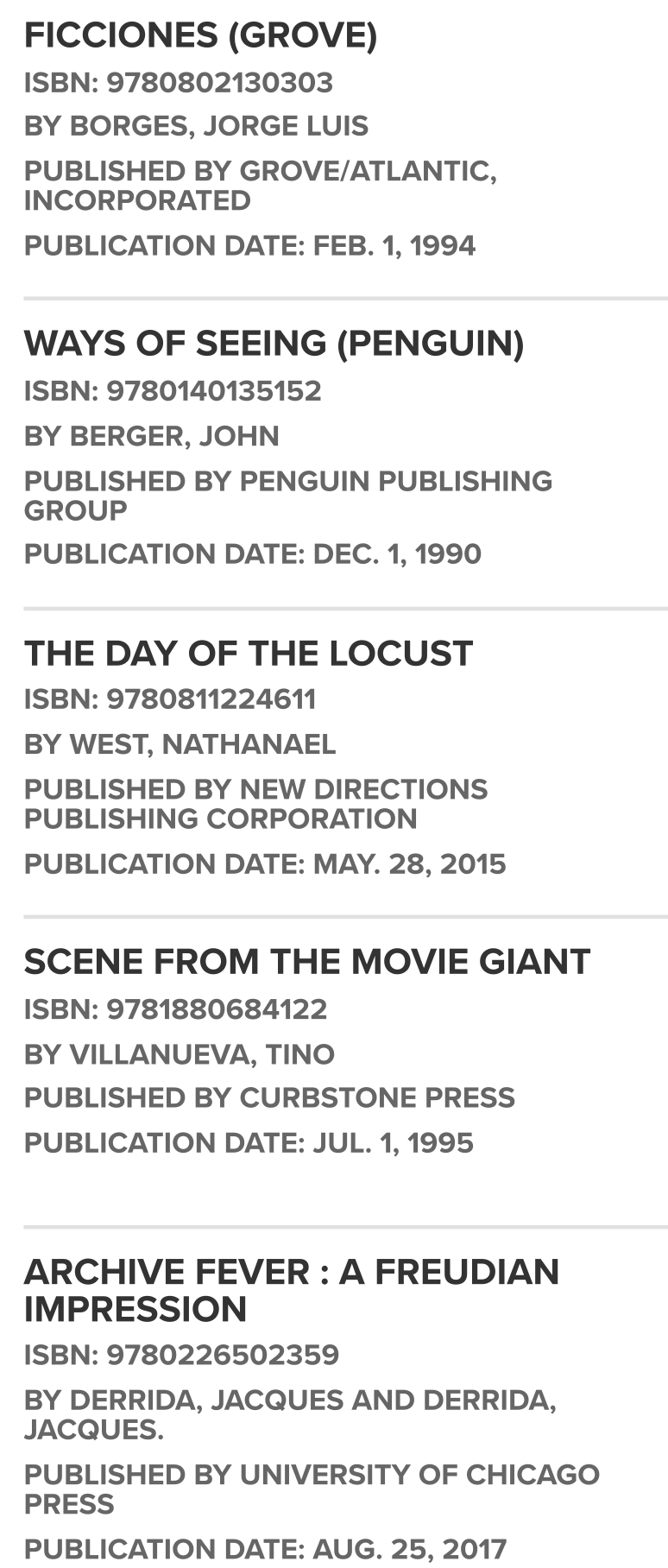  REQUIRED MOVIES (Screened FREE in Class) 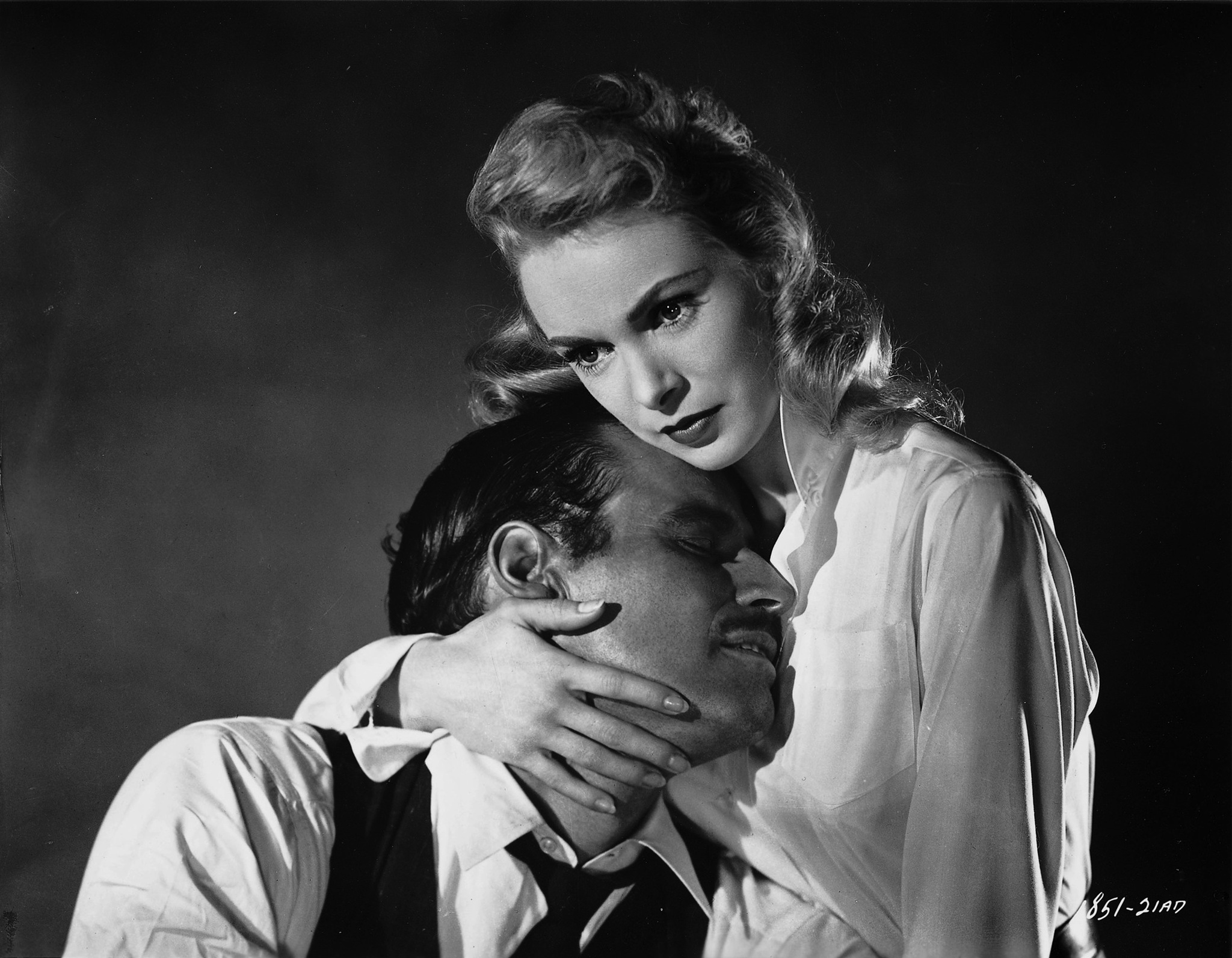 Touch of Evil, Orson Welles (1958) 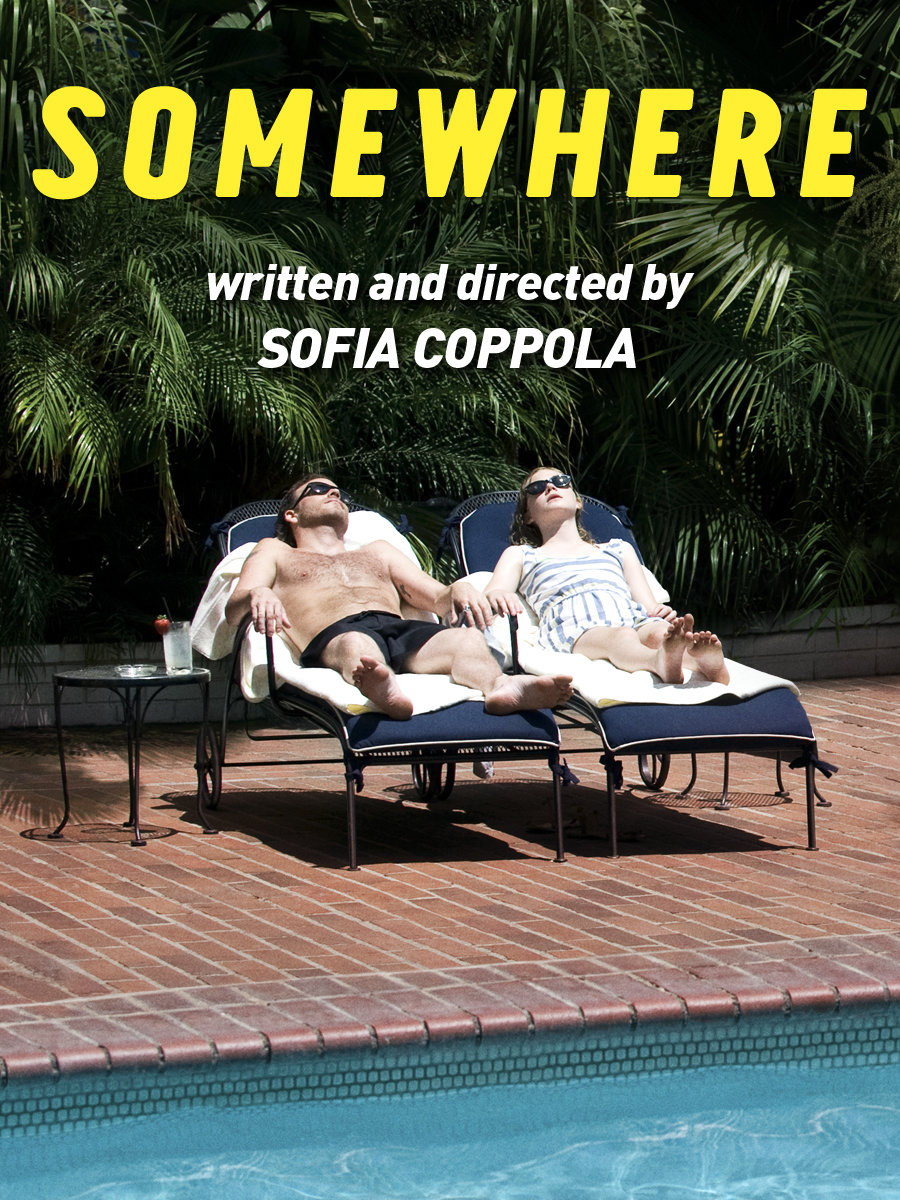 Somewhere, Sophia Coppola (2010) 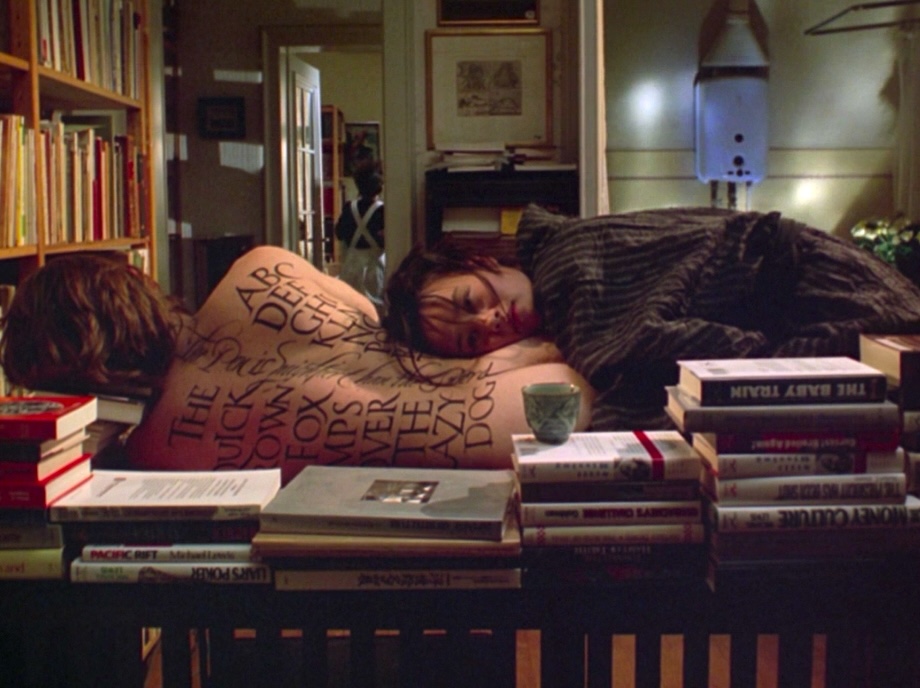 The Pillow Book, Peter Greenaway (1996) 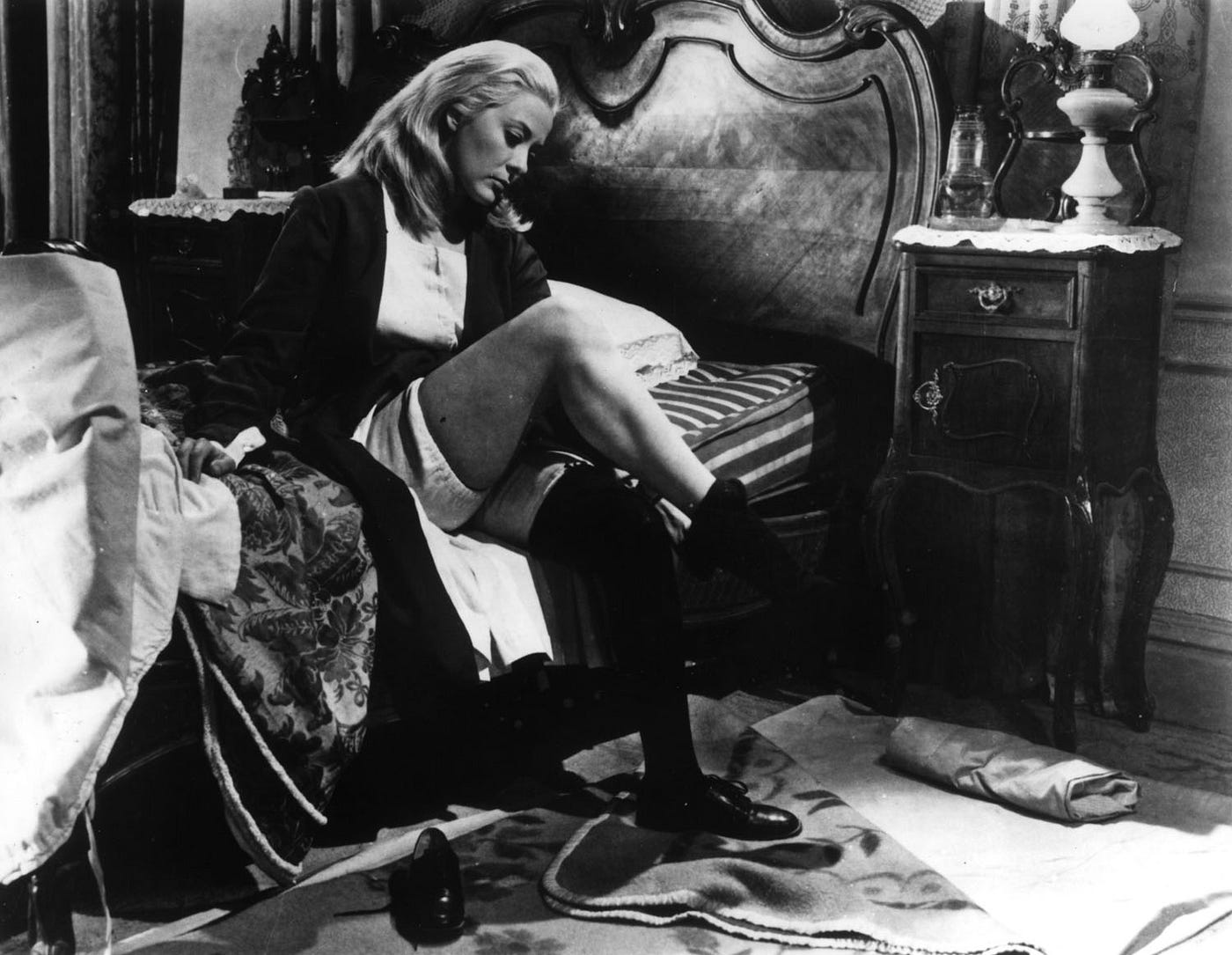 Viridiana, Luis Buñuel (1962) |
||||||||||||||
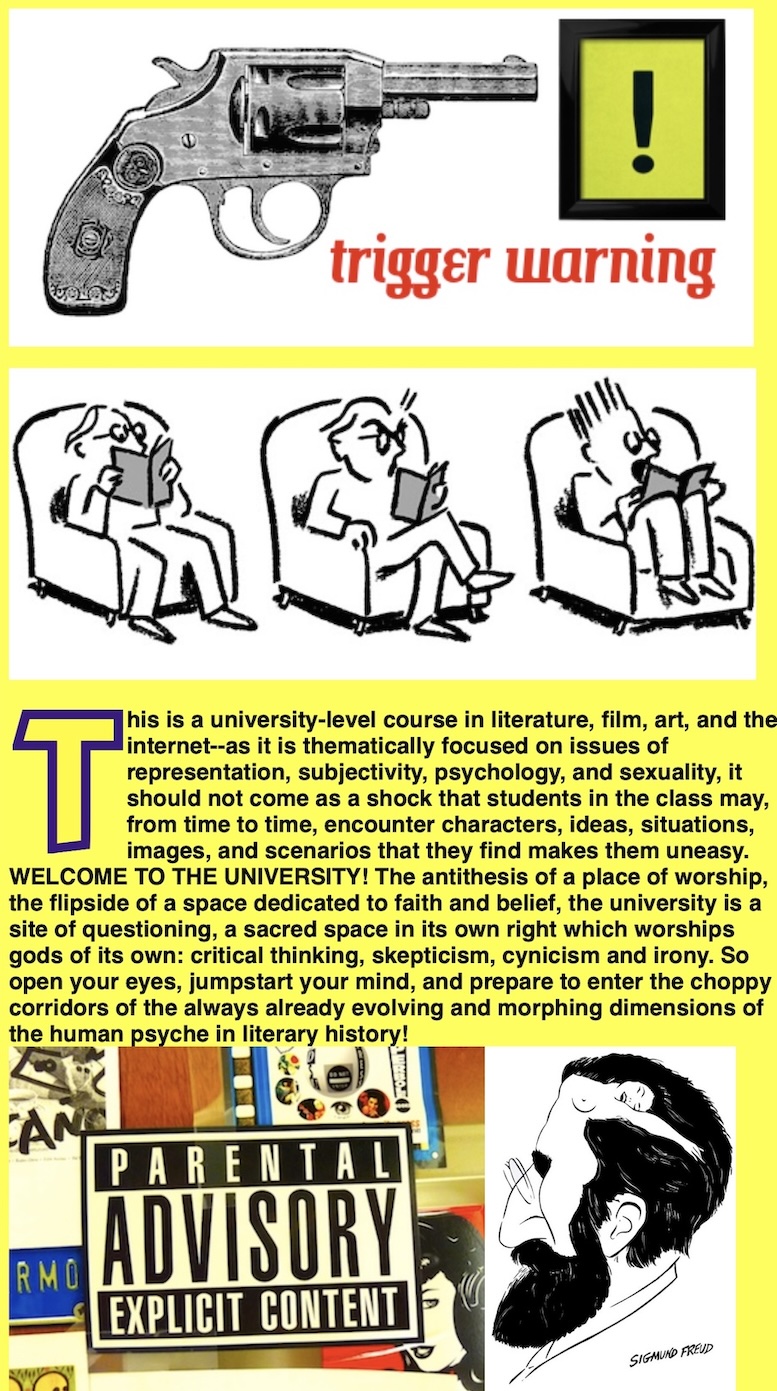 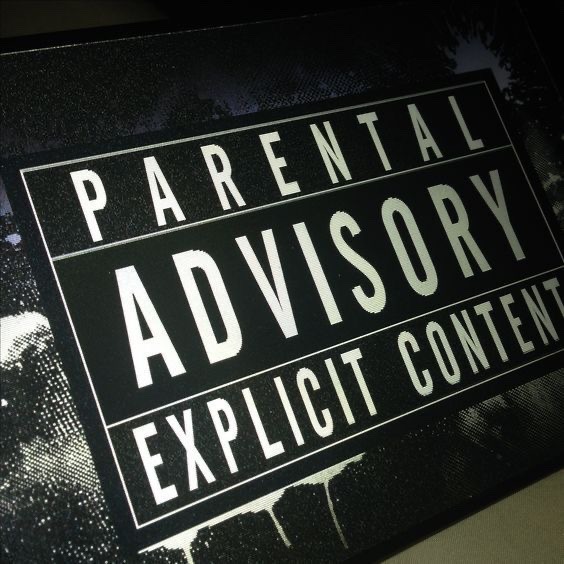 |
||||||||||||||
| day to day
literature / cinema adventure calendar -- a
treasure trough of daily assignments! |
||||||||||||||
| Tuesday, January 21, 2025 |
||||||||||||||
| We are filled
with all the excitement that new year can bring: new
starts, new visions, new goals, etc. But we,
mostly English and Comparative Literature majors, are
also filled with angst and dread (of course we are, it
is our go-to, bathed in existential vexation as we
usually are thanks Dostoyevsky, gracias
Morrison and Faulkner). And so it begins: #sinematicbodies25. WTF? A hashtag for a course name. What madness! But it was the only way to suggestively fuse the twin obsessions of our semester together: Literature and Film, or, better put, Literature and the Visual Arts, because though we will be working with cinema, we will also be concerned with art, photography, streaming media, and television. We will also be concerned with Sin -- putting the SIN in Cinema along they way ... but that will come later. For today, we are going to calibrate our eyes. And, as well, calibrate and hone our vocabulary when it comes to the visual arts. 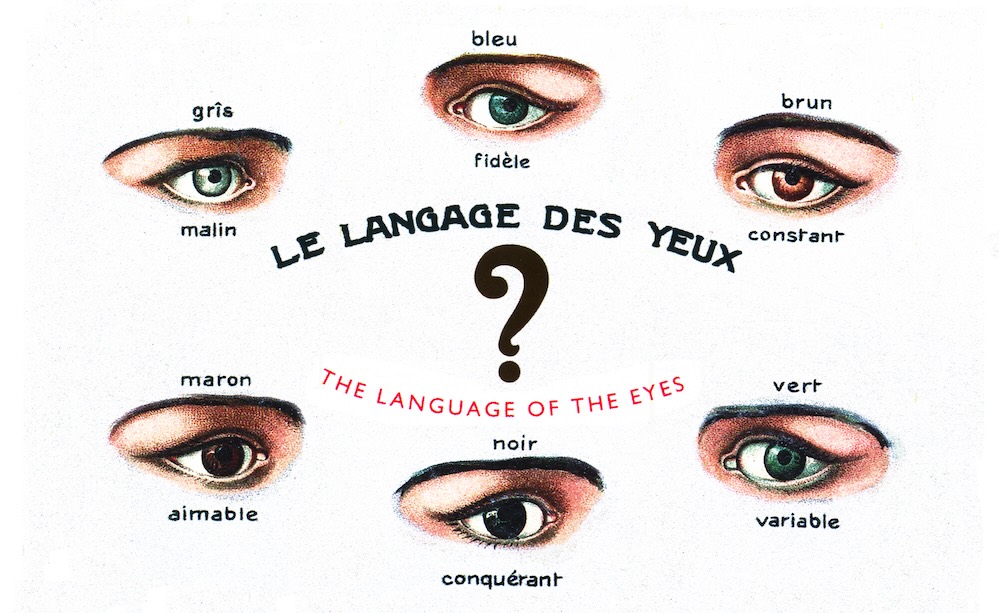 Walk into North Education 271, our "beautiful beige dungeon," having read the first chapter from John Berger and company's WAYS OF SEEING. I am going to provide a version of it here as a handy dandy link. Usually, I would insist that you bring your book to class, but as Monday is holiday (Holiday—Martin Luther King, Jr. Day. Faculty/staff holiday. Campus closed.) ... I know many of you may not have had a chance to got to the bookstore or order your books. If you have, do please bring your book to class for our first opening discussion. |
||||||||||||||
Thursday, January 23, 2025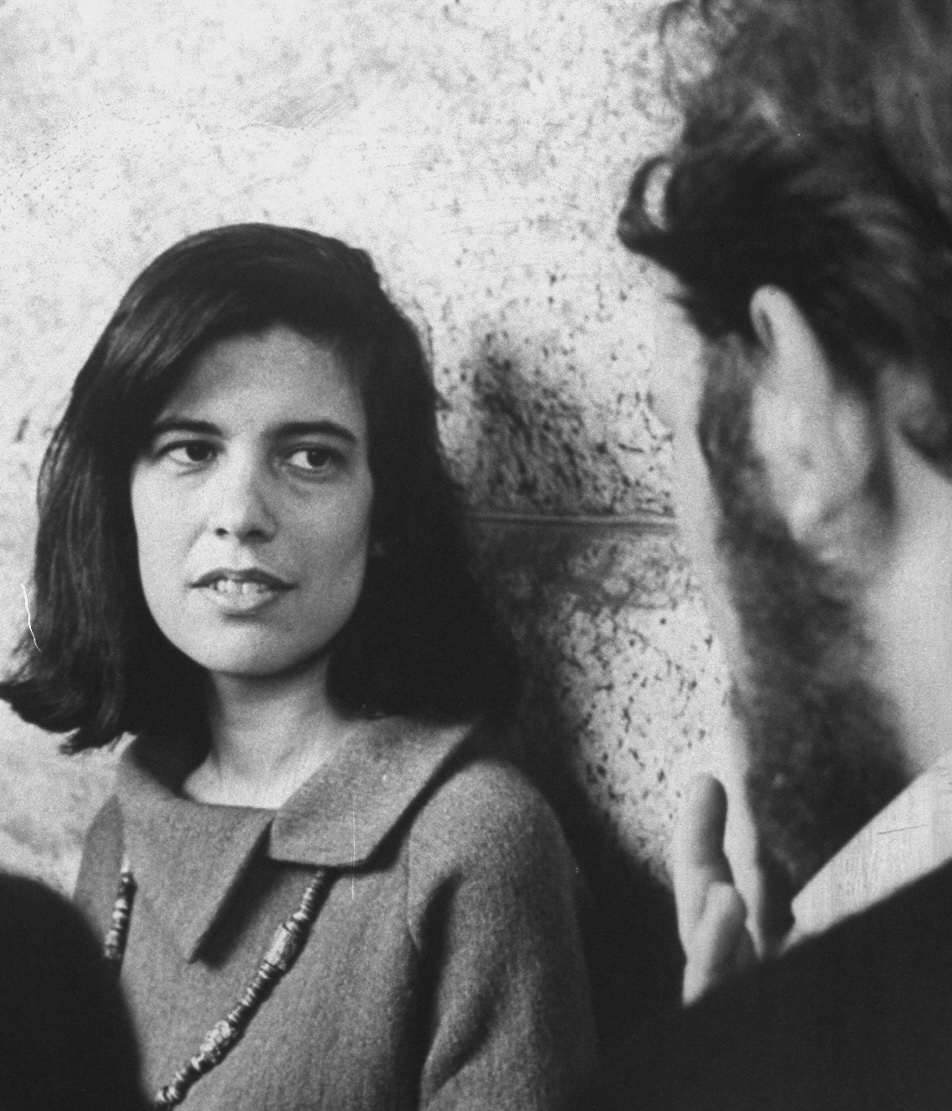 Our second day of class and we confront a complex set of sinematic bodies as we fuse the cultural studies revelations of Susan Sontag (whose writing changed the trajectory of my career). For class, read this special edition of the first chapter of Susan Sontag's ON PHOTOGRAPHY (the pictures are as important as Sontag's amazing words). |
||||||||||||||
| Tuesday, January
28, 2025 ASIDE: First, things first -- in class, Thursday, January 23, 2025, I promised you several information links! Here is a link to a decent edition of Plato's Republic, Book VII, and the Allegory of the Cave--Sontag uses is as the opening frame for her ON PHOTOGRAPHY. Here is the link to a good translation of Walter Benjamin's "Art in the Age of Mechanical Reproduction." Lastly, the first part of our discussion mentioned a school of thought (or process, or project, or enigma) called "Deconstruction." Here is a solid and challenging gloss of Derrida's career and his "offspring," deconstruction. Now, onto your Vonnegut assignment ... 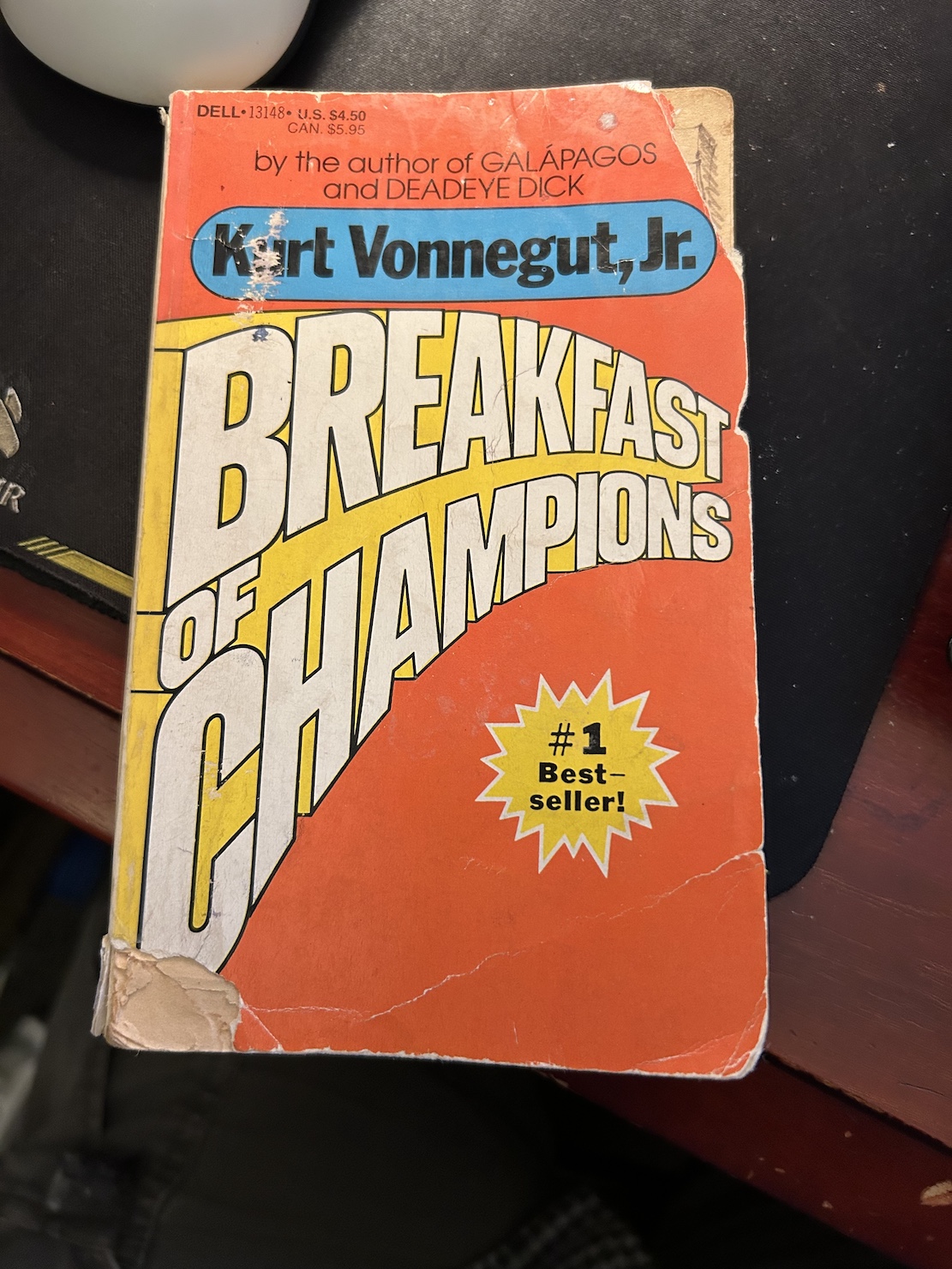 We bounce into North Education 271 filled with anticipation. Why? Over the weekend we have plunged into the picturebook pleasures of Kurt Vonnegut's BREAKFAST OF CHAMPIONS. Read up to the end of Chapter 17, in your edition of the book. My old copy, printed in 1975, ends on page 185, but your edition may be different. 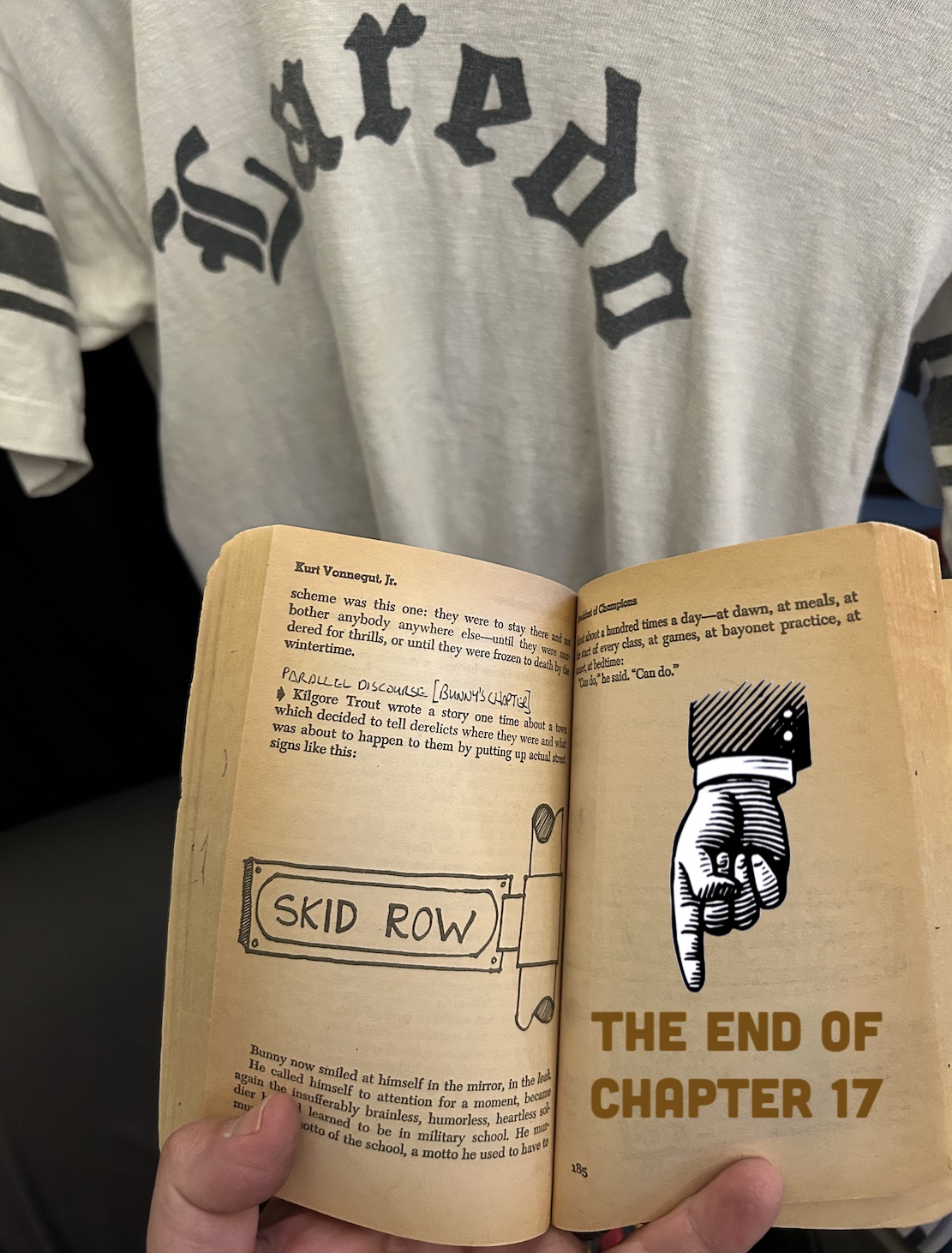 Here's the edition I am using 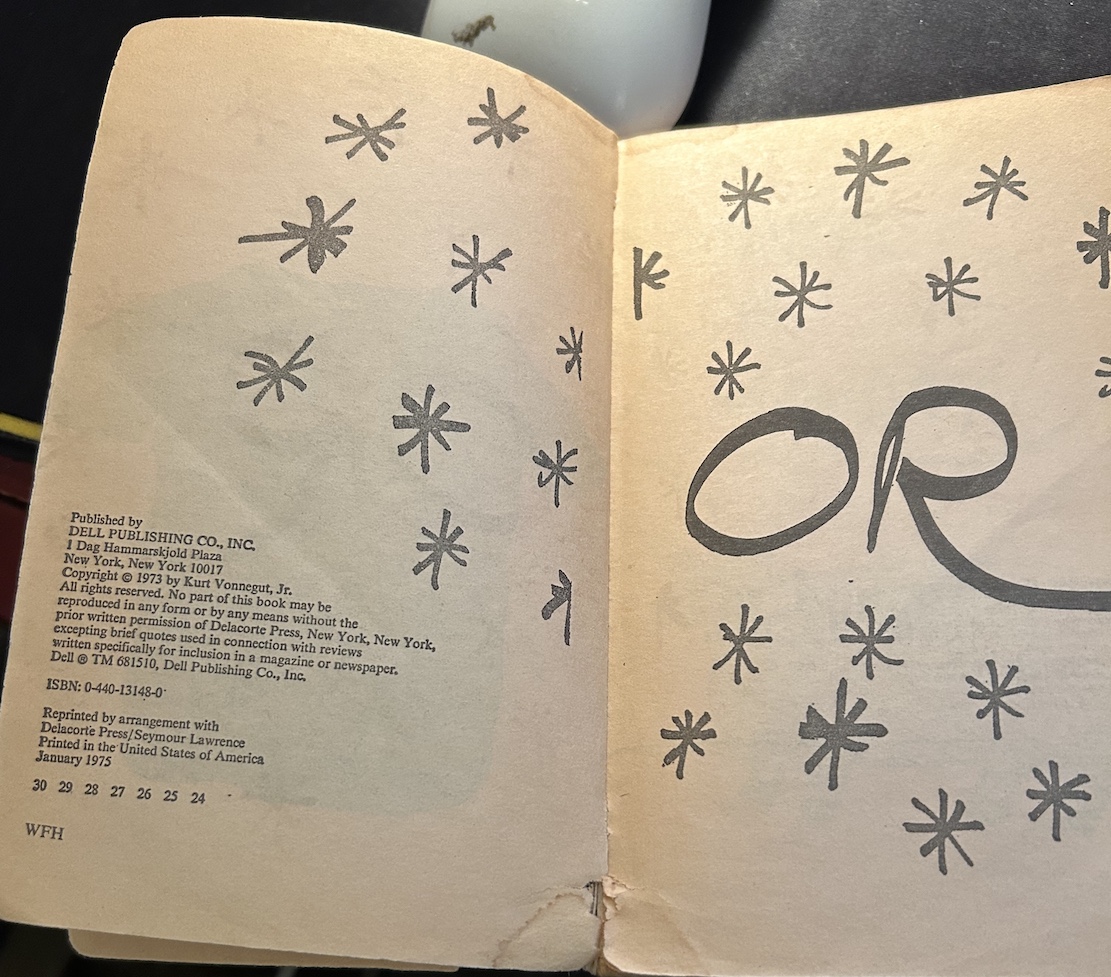 As you read, allow words and concepts from Berger et al's WAYS OF SEEING and Sontag's ON PHOTOGRAPHY to saturate your psyche. All too many readers of 'BREAKFAST, read the book but underestimate the power, meaning, and semioitic tactics at play with Vonnegut's deceptively "simple" illustrations. But we know better. Suffused with the idea of sinematic bodies, we will immerse ourselves in the subterranean and psychogically sophisticated of corridors of Vonnegut's imagination. What we will find there is together will fuel our discussion in Tuesday's seminar. |
||||||||||||||
| Thursday, January
30, 2025 We enter our chamber of literary delights having carefully taken the time to finish reading BREAKFAST OF CHAMPIONS. I told you the first day that this class was a nostalgia festival for me, a consorting with ghosts, to echo Derrida from the clip I shared with you the first class (if you are curious, more about Derrida and the GHOST DANCE film appears here and the entire film is available free, streaming here). And this Nostalgia-nocturne is literally true for me in that my teaching copy of the paperback book I am using to prep for today has followed me on my academic sojourn from the University of Connecticut, where I worked as an assistant Professor from 1988 to 1991, to SDSU, 1991-2025. I even loaned it out to two different gifted students over the years. 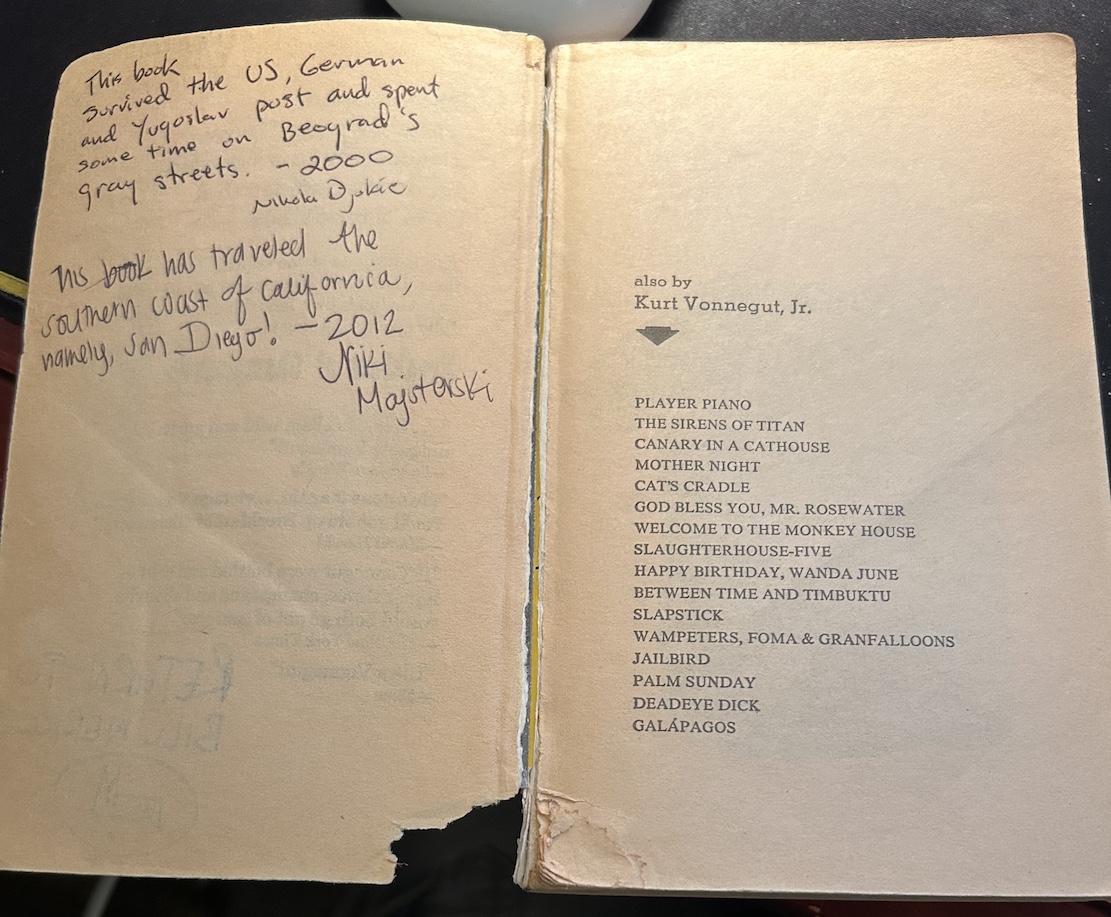 In any event, our discussion in class today will be driven by your questions. Bring in a couple of detailed questions based on the reading. Write them out in your own handwriting and be sure to include quoted material from Vonnegut's novel to add heft and substance to the questions. You will be turning these in at the end of class. |
||||||||||||||
Tuesday, February
4, 2025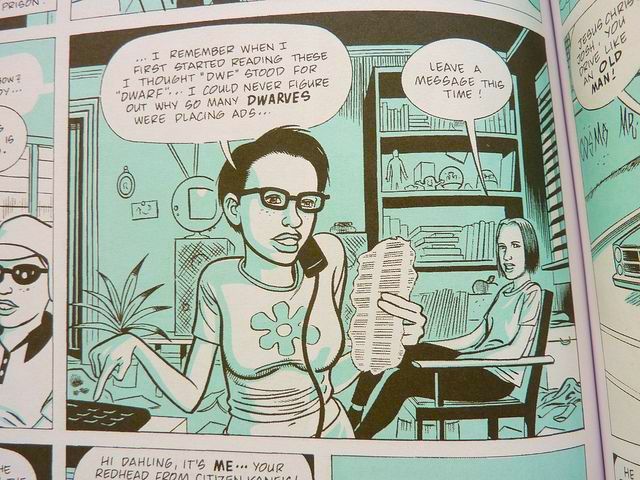 You walk into class proud of yourself--you've read the first half of Dan Clowes's GHOST WORLD! In class we will work to see how Clowes's meditations on and through #sinematicbodies25, his 21st century re-invention of the American Grotesque, touch/reshape our imaginations. Or is it possible that our old friends Sontag and Vonnegut will be of more use to us as we prowl Clowes's gnarly labyrinths! Be sure to come to class with a Xeroxed (photocopied) panel printed out that you want to do a close reading of for the class as we prepare for our first episode of "You're the Professor." 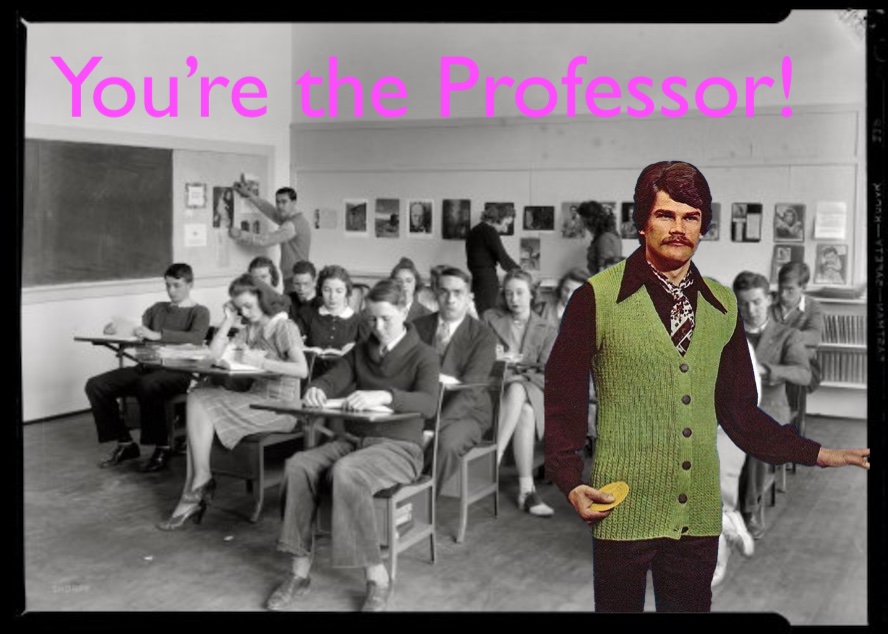 |
||||||||||||||
Thursday, February 6, 2025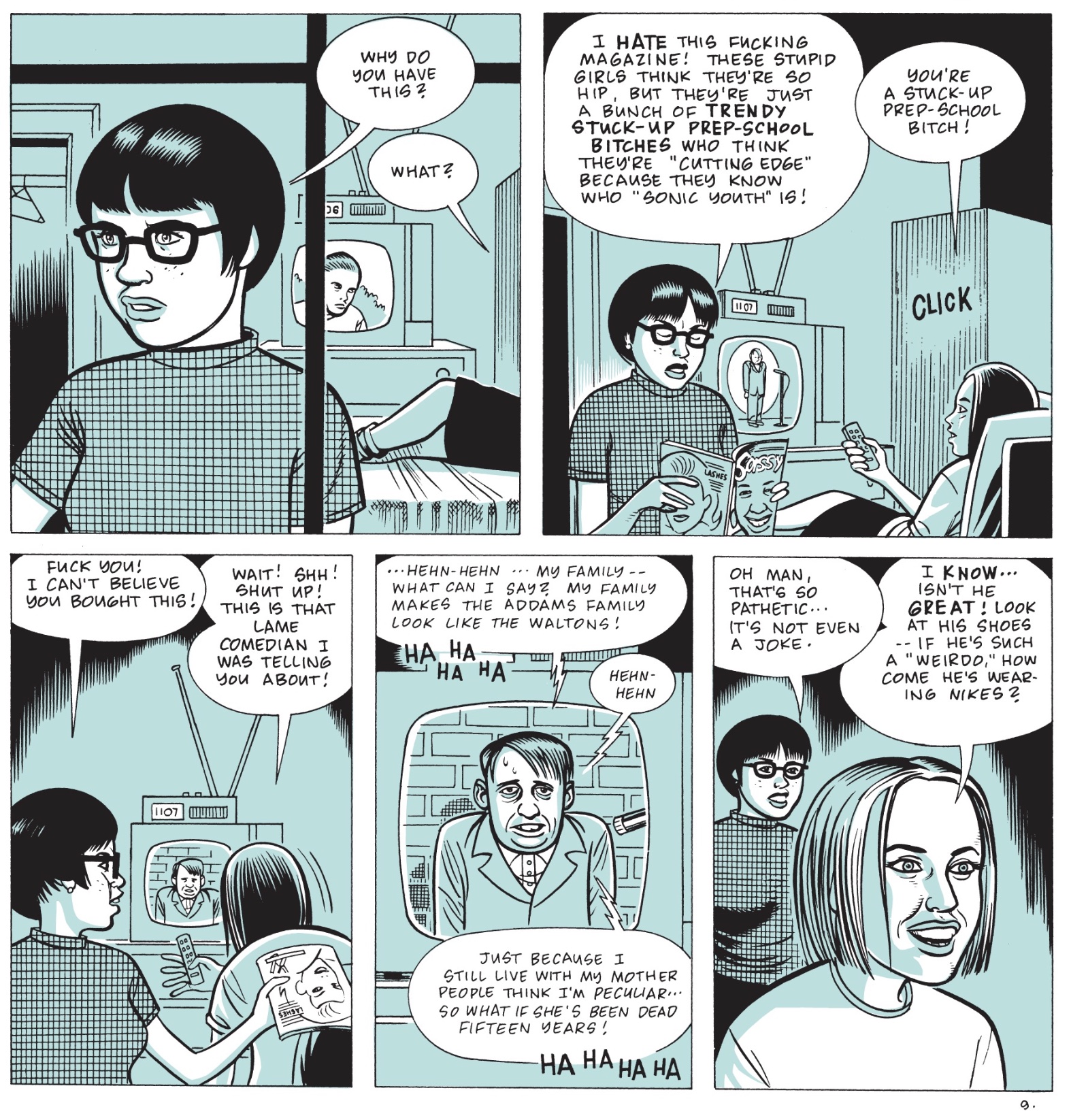 You walk into North Education 271, having finished Dan Clowes's GHOST WORLD. Today's seminar will concern itself with Ghosts, Hallucination, Trauma, Nostalgia, and more. As you read, look for and establish meaningful links between Berger, Sontag, Vonnegut, and Clowes. Something like "Berger Sontag Vonnegut and Clowes are trapped in an elevator -- what do they talk about?" |
||||||||||||||
Tuesday, February
11, 2025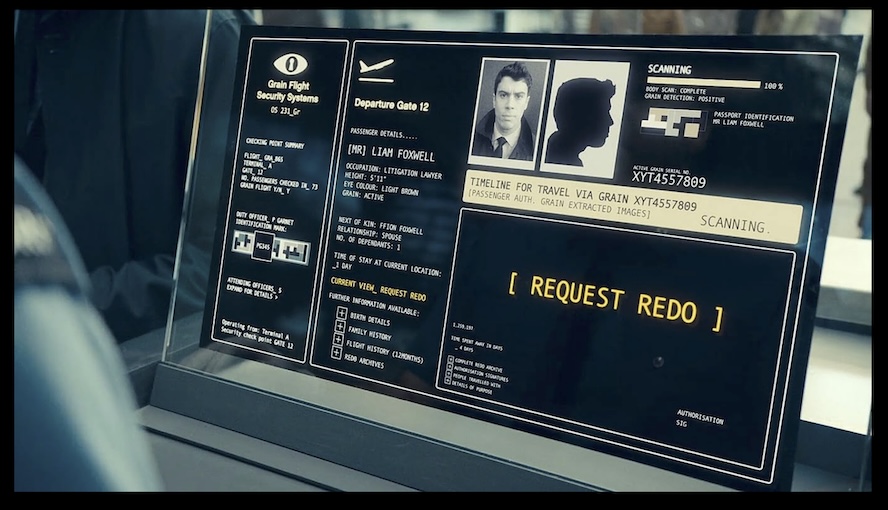 UPDATED 24, January 2025: Our first movie day! In class we will grapple with the disturbing and provocative epiphanies granted us by the BLACK MIRROR television series on Netflix. In class, we will screen a short film written by Charlie Brooker and Jesse Armstrong and directed by Brian Welsh: THE ENTIRE HISTORY OF YOU. Set in the near future, Brooker and Armstrong uncanny dystopia pictures a world where memory becomes obsolete, where embedded-in-the-body processors, do the "work" of memory for you. What begins as a WOW peek at the future, soon devolves into a nightmare world where infidelity hurts just as much as in the present, with computers there to augment the pain! Trigger Warning: the short film is tense and sexually frank--it also features scenes of violence and conflict that may disturb the more sensitive. See me in office hours if you would like a substitute assignment. Reading assignment: To prepare for issues of semiotics, gender, sexuality, representation etc ... read pages 35 to 112 in Berger's WAYS OF SEEING. Come prepared with what you view to be key passages in the text that you can readily adapt and apply to Brooker, Armstrong, and Welsh's short sinematic classic! 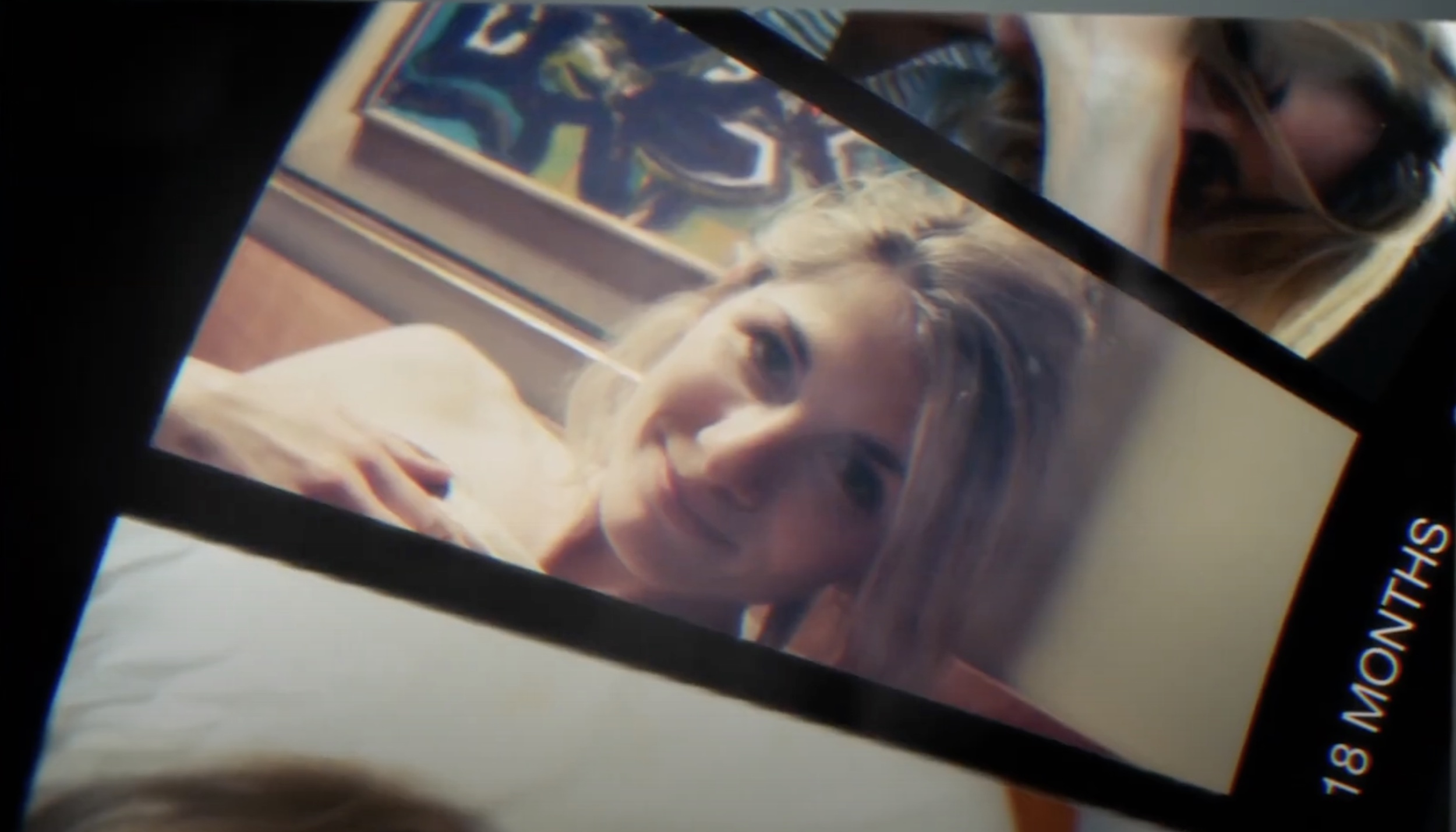 |
||||||||||||||
Thursday,
February 13, 2025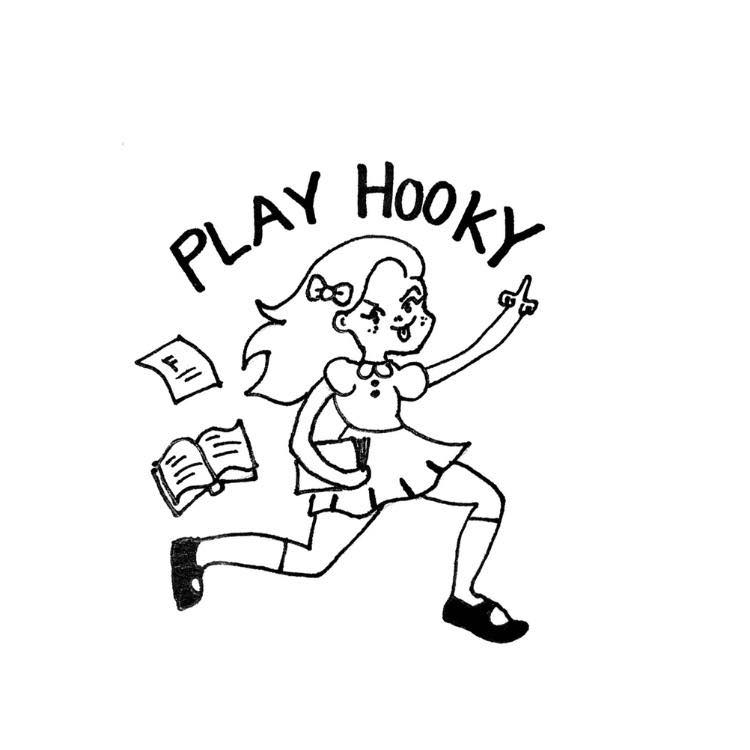 NO CLASS  Your lucky lucky professor has been invited to jet out to Denver to give a version of the lectures he recently delivered in Milan and Rome! (Stop bragging already!) ... in any event, my exit to the snowy climes of Colorado means you get a day off to catch up on your reading and/or to invade your nearest dive bar or cafe! |
||||||||||||||
Tuesday, February
18, 2025 We began the course with John Berger and crew using Rene Magritte to open his landmark WAYS OF SEEING project. Using surrealist master Magritte as a doorway was no accident and it is no accident as well that we return to the surrealists today to immerse our psyches and eyes in Luis Buñuel's VIRIDIANA. Buñuel is best known, perhaps, for his early cinematic experiments with his sinematic bosom buddy Salvador Dalí (screen this silent classic, UN CHIEN ANDALOU before class if you dare). In class we will screen the first 45 minutes of Buñuel's meditation on desire, sin, transgression, and more -- all in and around a nunnery! The mind reel. 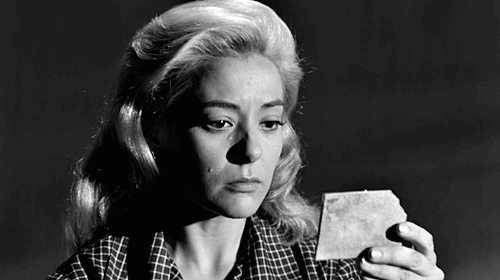 This animated gif links to a free kanopy link to VIRIDIANA provided to SDSU students |
||||||||||||||
Thursday,
February 20, 2025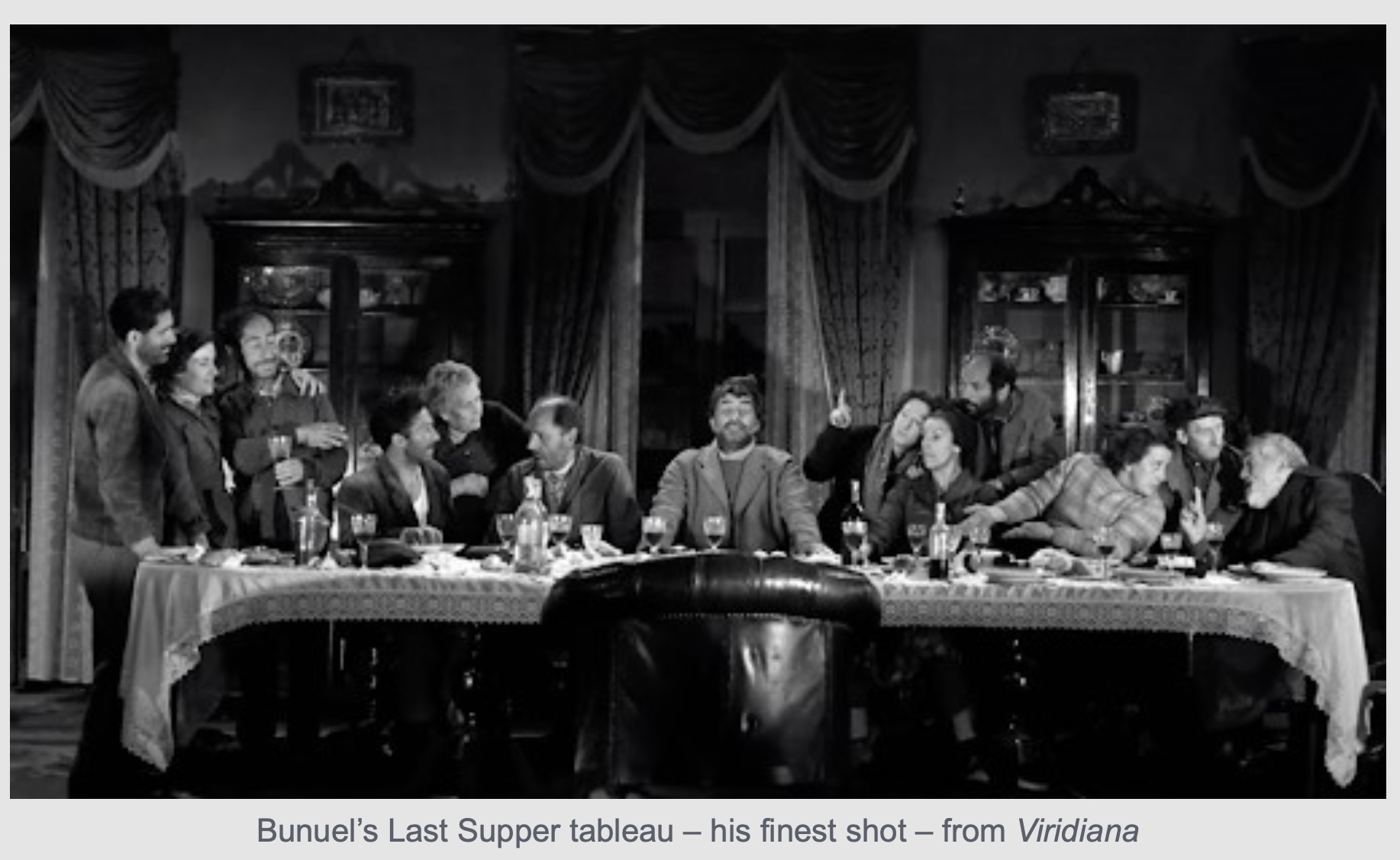 Like Diane Arbus, as explored in the 2nd chapter of ON PHOTOGRAPHY by Susan Sontag which we read the first week of the semester (and which you are encouraged to re-read for class today), Luis Buñuel had a life-long obsession with the grotesque. This stands to reason as the psychoanalytic unconscious, an obsession for the surrealists, is itself a space of aesthetic inversion. Where aesthetics, the school of philosophy concerned with Beauty, is most often associated in the arts and literature with "beauty, proper" we know (or at least some of us suspect) that beauty is only comprehensible alongside its twin, the grotesque! Whether or not you agree, Buñuel's sinematic imagination certainly pulled in this direction. In class we will conclude our screening and discussion of VIRIDIANA. |
||||||||||||||
Tuesday, February
25, 2025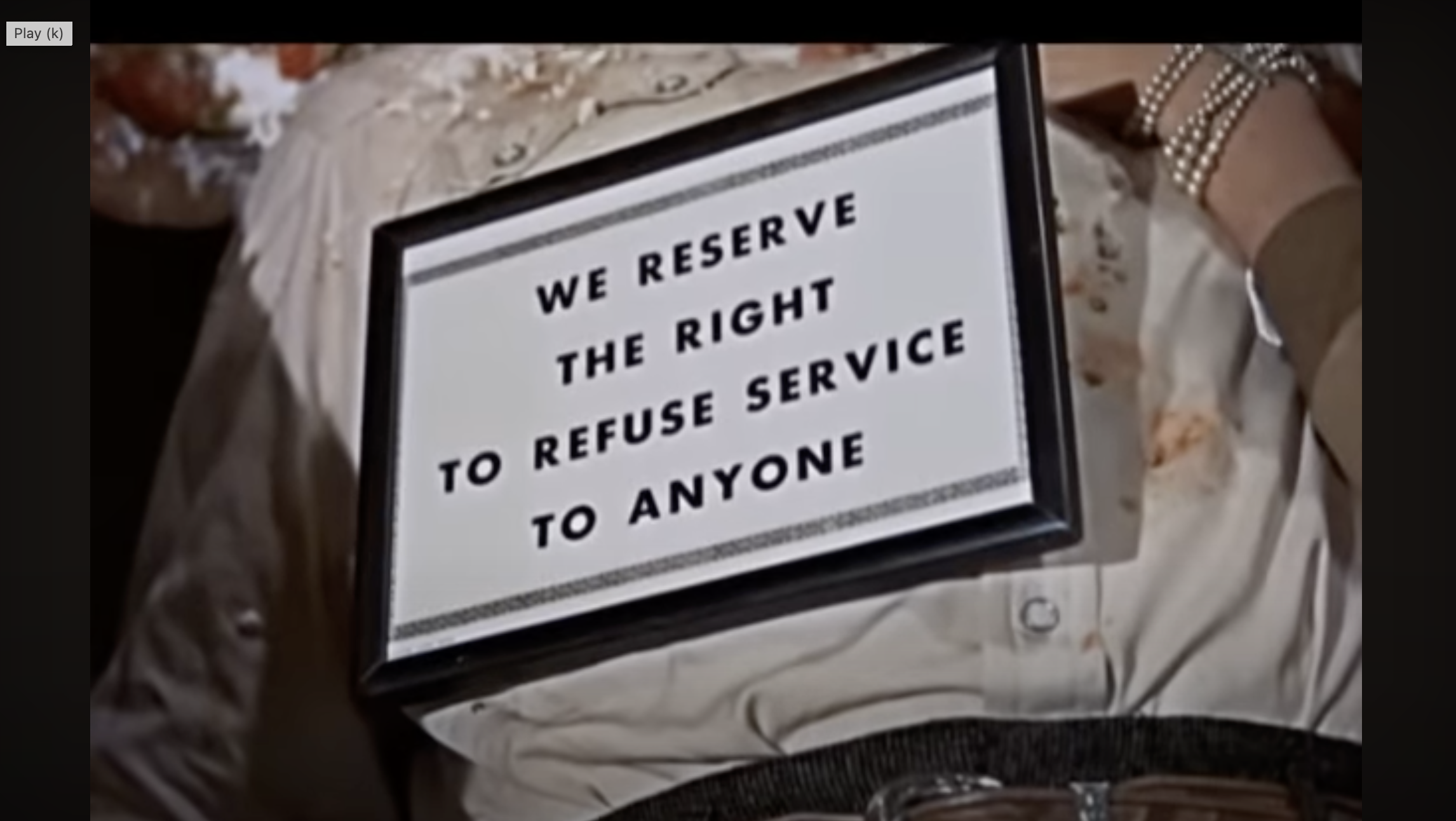 We enter North Eductation 271 having screened this scene from GIANT (1957): We have watched it a couple of times (or even, on our own -- not required -- having screened GIANT, 1957, directed by George Stevens, and starring Rock Hudson, Elizabeth Taylor, and James Dean). We have done so to prepare us for the poetic odyssey that is SCENE FROM THE MOVIE GIANT by Tino Villanueva. Enter our sinematic sanctuary having carefully read the book; read it twice if you can make the time. 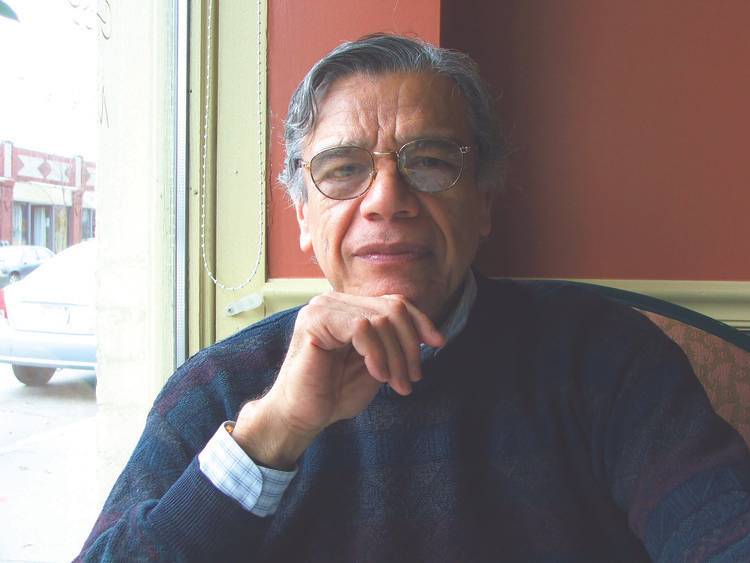 Villanueva's mini opera, a feast of word, trauma, memory and more, treats readers to a true sinematic body, or better still, a sinematic psyche -- one tattooed by the experience of watching cinema and being permanently touched by what unfolds. 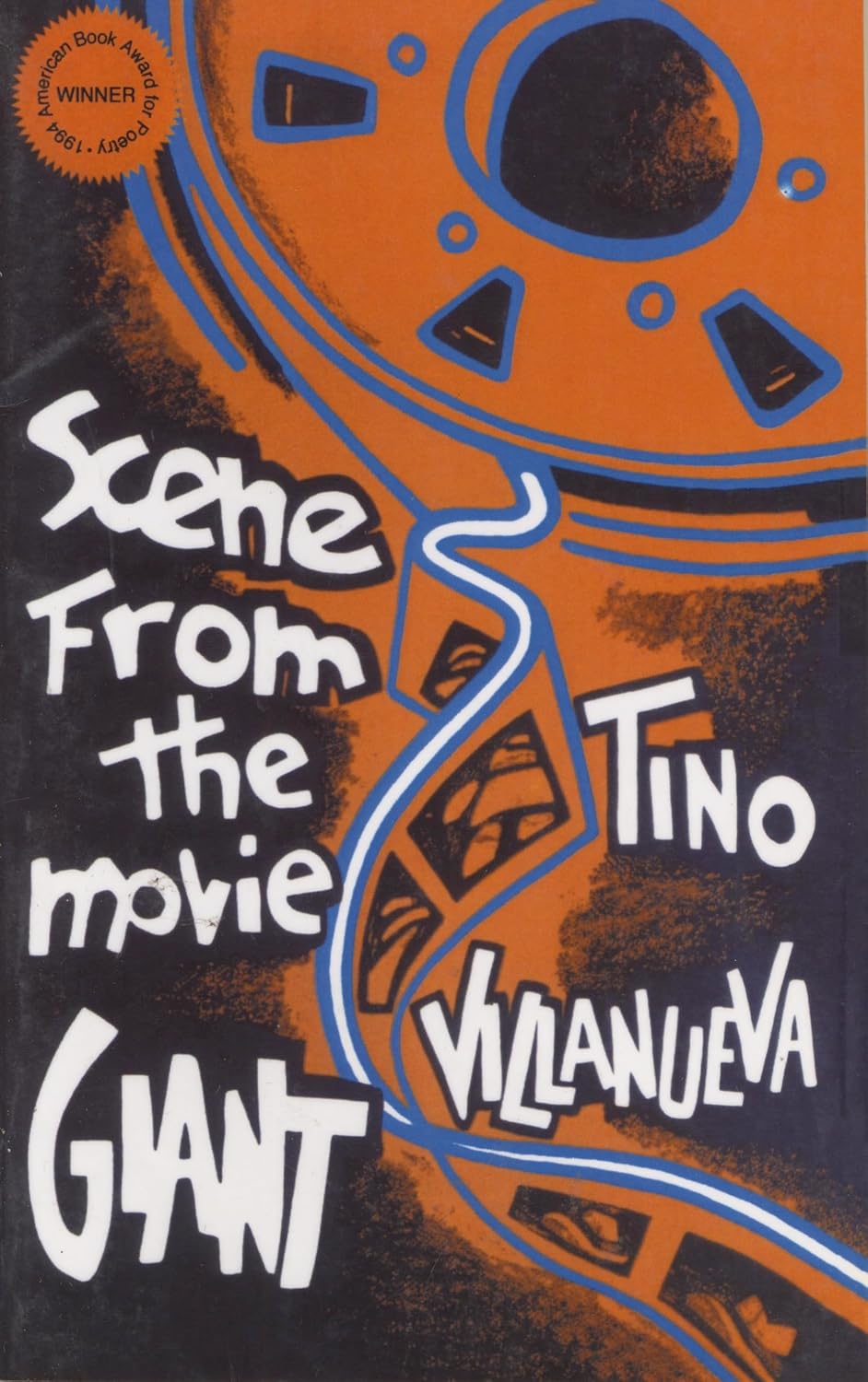 Extra-credit to the first three students who write
me saying they want to memorize and perform one of
the poems for the class.
Extra-credit to the first three students who write
me saying they want to memorize and perform one of
the poems for the class. |
||||||||||||||
Thursday,
February 27, 2025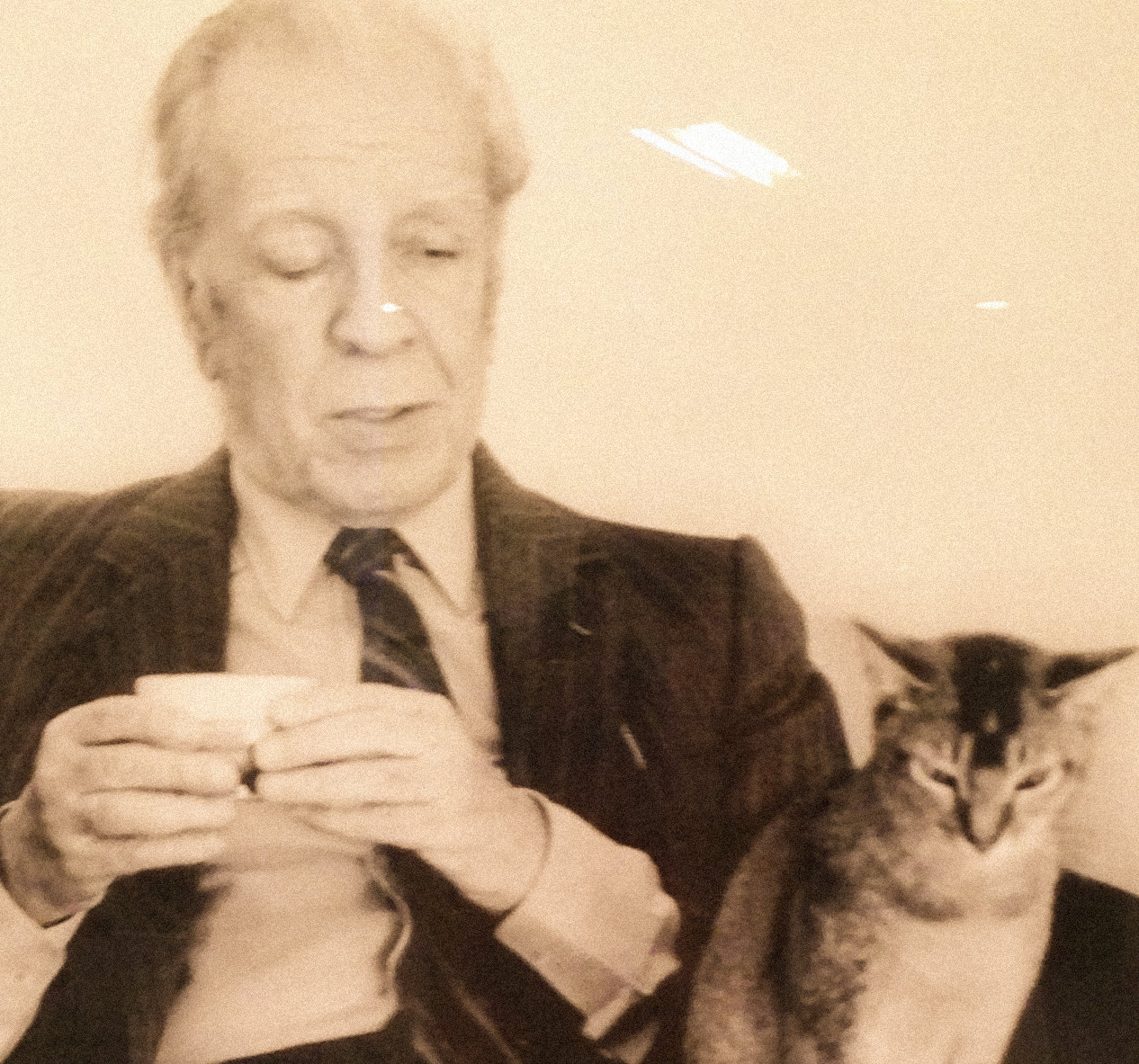 It's our first day on the works of Jorge Luis Borges -- walk into our literary labyrinth having read the Prologue, "Tlön", and "The Circular Ruins" for today's literary salon in your FICCIONES collection. |
||||||||||||||
Tuesday, March 4,
2025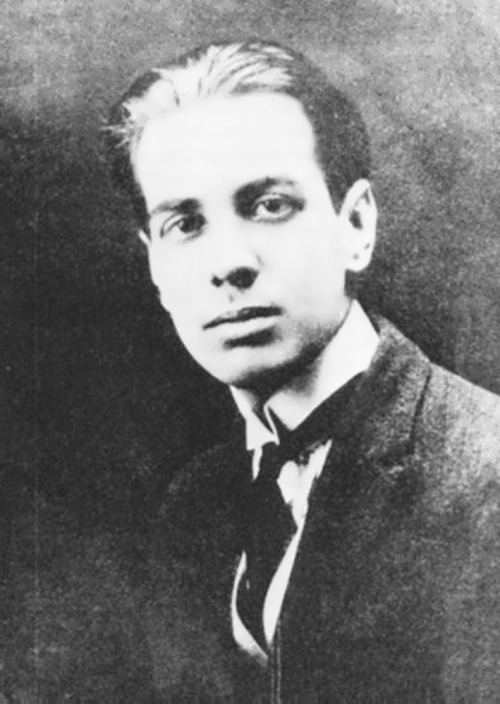 Day two of our Borges adventure. Enter the class having read "The Library of Babel" and "The Garden of Forking Paths." |
||||||||||||||
Thursday, March
6, 2025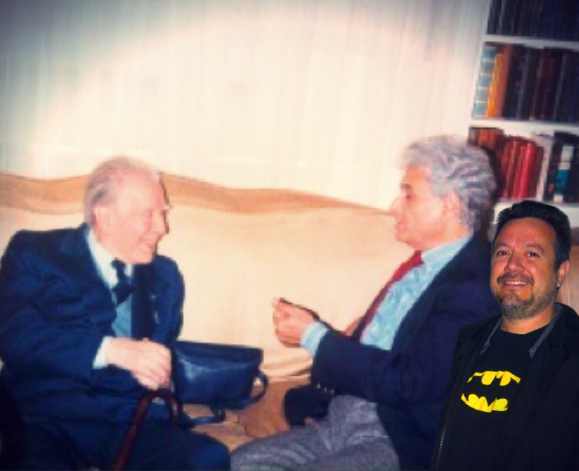 Our last day with our literary Maestro from Argentina -- enter the room having read "Funes, the Memorious," "Death and the Compass," and "The Sect of the Phoenix." |
||||||||||||||
Tuesday, March
11, 2025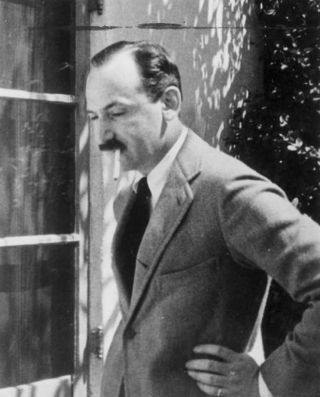 Read to the end of Chapter 17, p. 138 in our edition, of Nathanael West's THE DAY OF THE LOCUST. We have arrived at a kind of centerpiece text of our sinematic junket. West's dark and uncanny narrative introduces to the dark side of Hollywood. The silver screen reveals itself to be a gnarly backwater filled with ambition and failure. Bright lights and unruly gutters! And a "Mexican" -- he, too, is part of this sordid tale by a gifted and twisted American original. 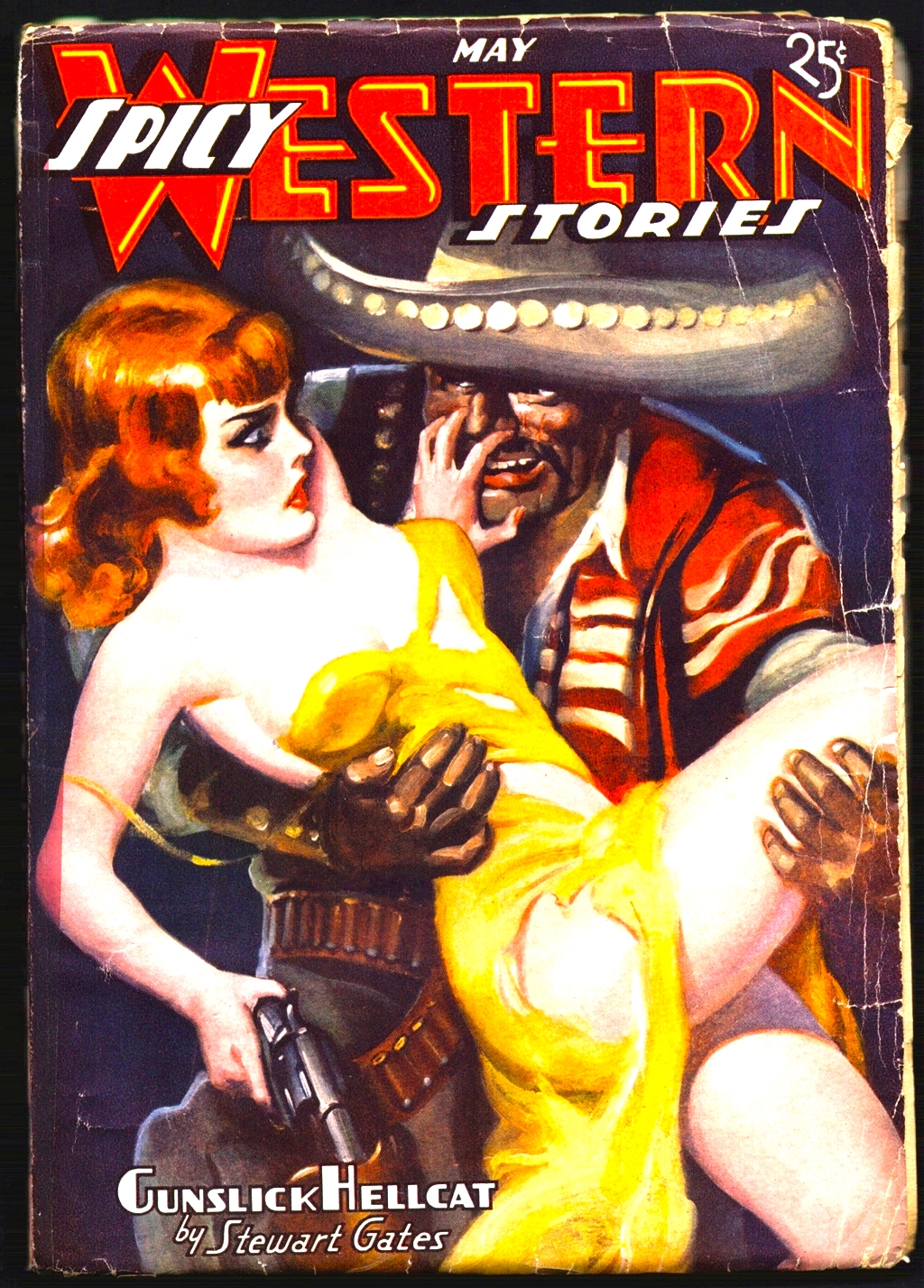 |
||||||||||||||
| Thursday, March
13, 2025 Finish THE DAY OF THE LOCUST for our discussion! 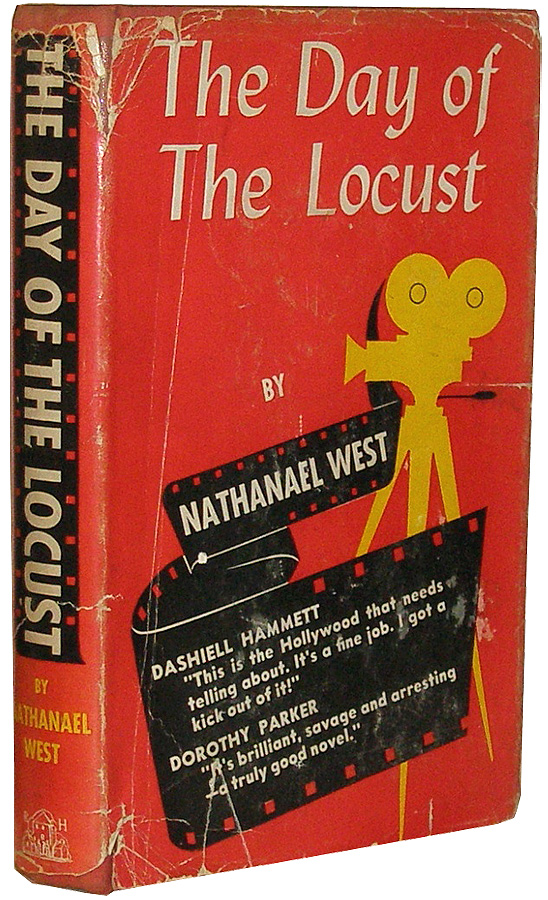 |
||||||||||||||
Tuesday, March
18, 2025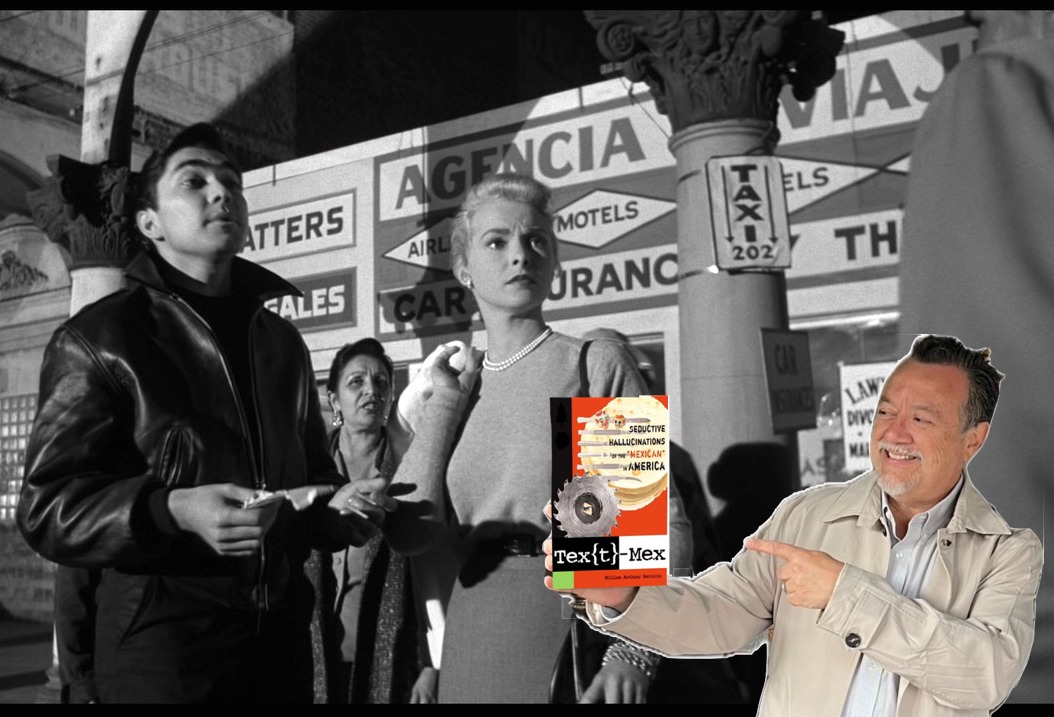 Excited, as we near the middle of the semester, we enter the room with weary eyes, cursing our professor! We enter having read the introduction, and first interstitial chapter in TEX[T]-MEX: SEDUCTIVE HALLUCINATIONS OF THE "MEXICAN" IN AMERICA, to page 38; we've also, against all hope, plunged into the first few pages, p. 39-57, of the TOUCH OF EVIL chapter in the book. All this, as preparation for our screening of Orson Welles's TOUCH OF EVIL. 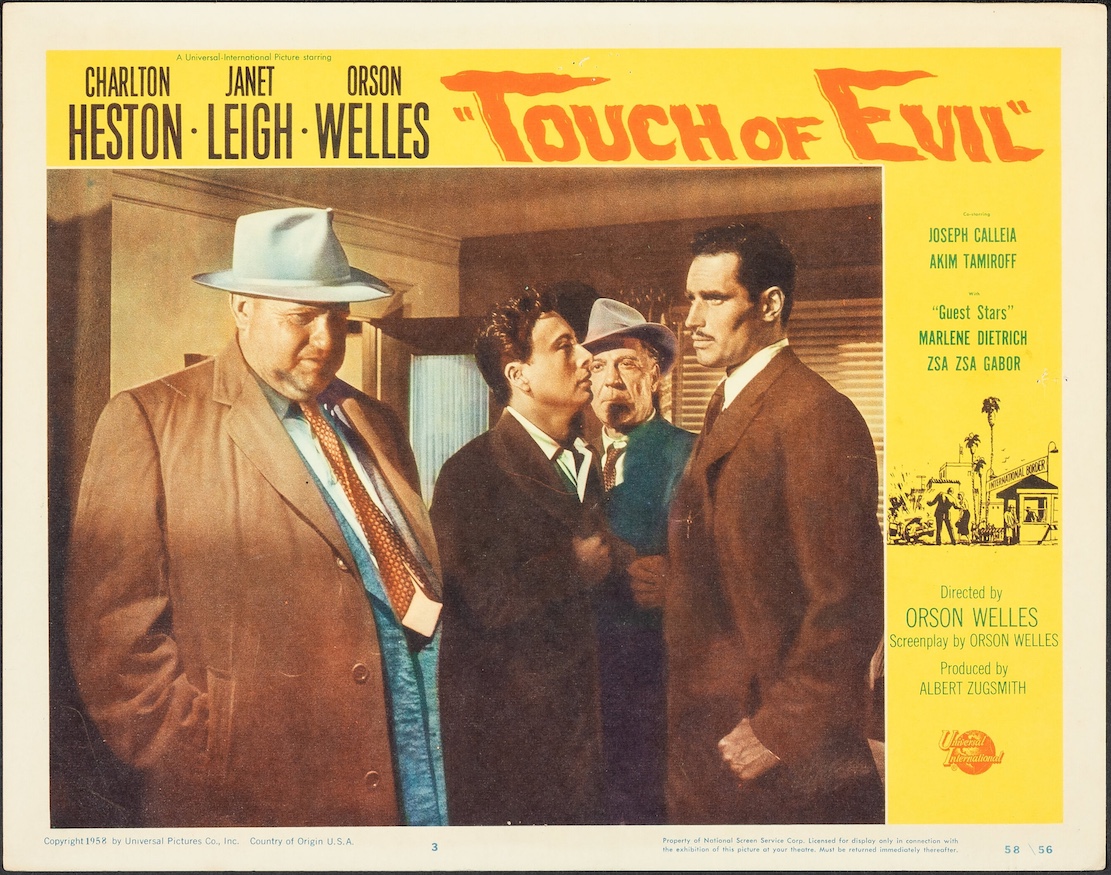 If Nate West's DAY OF THE LOCUST, doused our eyes and souls with preternatural conceptions of Hollywood-style "Mexicans" in the American imagination (s/cinematic bodies of the first order) then Welles's screened opus does the same. Or does he. Indeed, it's worth wrestling a minute with a proposed dialectic bout that pits West against Welles, "Miguel the Mexican" in DAY OF THE LOCUST against Miguel "Mike" the 'Mexican'" in TOUCH OF EVIL. All of these hermeneutic duelings taking place, of course, against the backdrop of a 2025 "America" where the value and figuration of the "Mexican" in the American consciousness is very much up for grabs! |
||||||||||||||
Thursday, March
20, 2025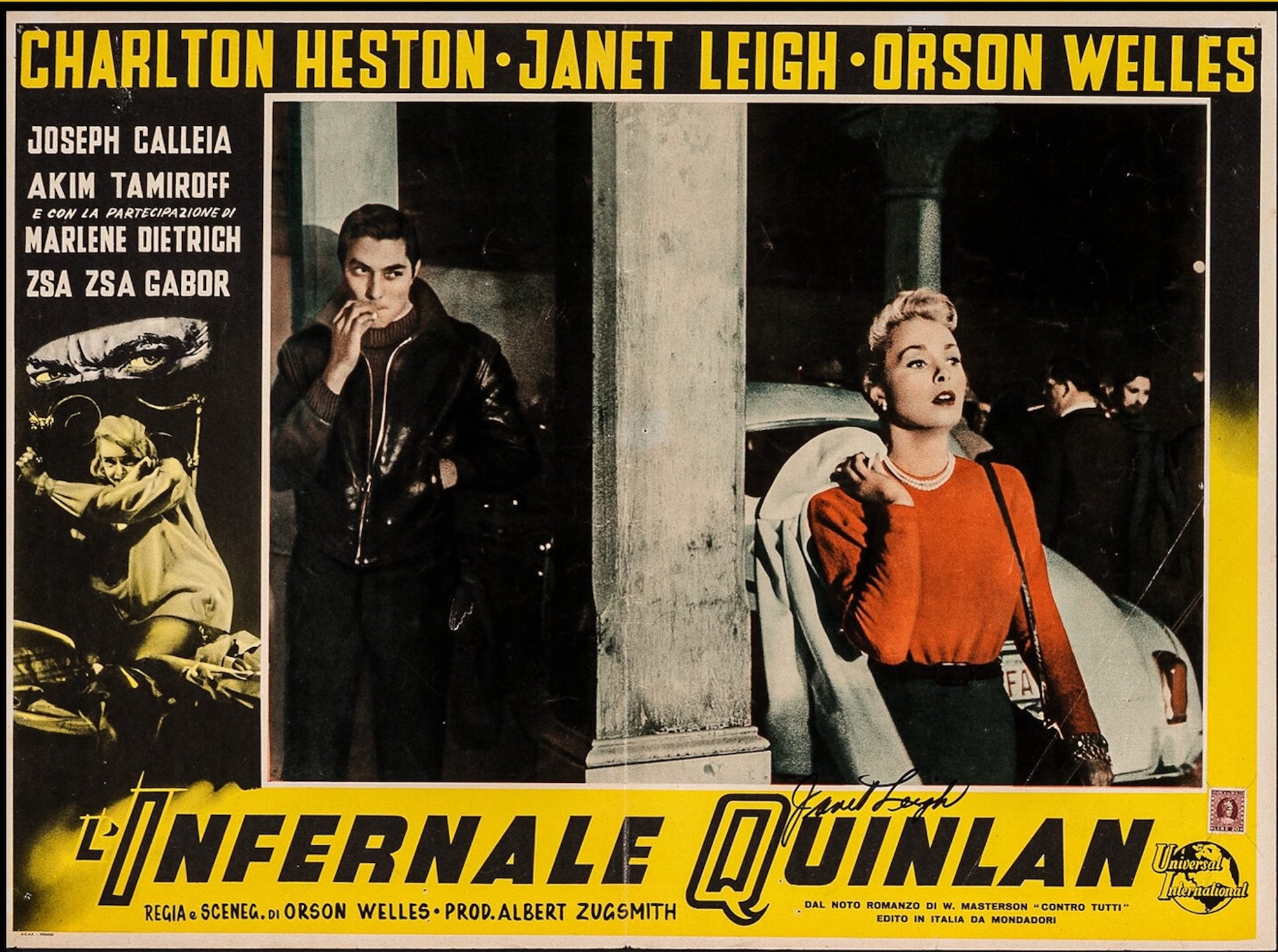 Finish reading the Touch of Evil chapter in TEX[T]-MEX; and, if you can make the time, read the Rita Hayworth chapter as well, pp. 81-110. In class we will continue our screening and discussion of Welles's TOUCH OF EVIL. |
||||||||||||||
| Tuesday, March
25, 2025 Over the weekend, you've read the second interstitial collection of short pieces in TEX[T]-Mex, pages 173-190, as well as the Lupe Velez / vomitorium chapter, pages 153-172. In class, we will complete our screening of TOUCH OF EVIL -- in particular, using the VELEZ chapter we will confront issues of representation, Latinas in particular.  ALSO, as the midterm is next class, we will have a brief review to prepare for our in-class imagination festival! |
||||||||||||||
Thursday, March
27, 2025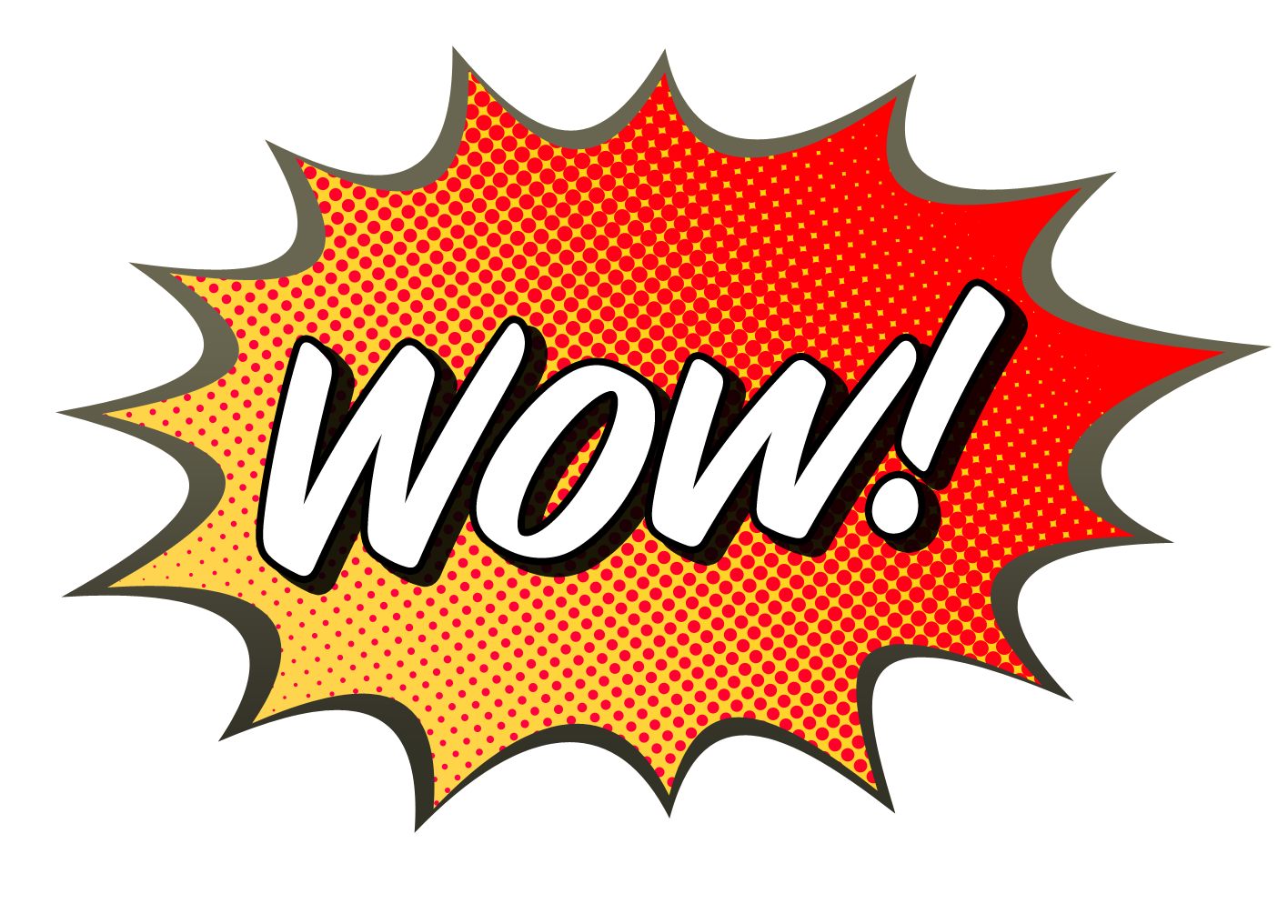 You enter North Education 271 filled
with angst and anticipation -- you leave thrilled!
As your Spring Break now begins! You enter North Education 271 filled
with angst and anticipation -- you leave thrilled!
As your Spring Break now begins!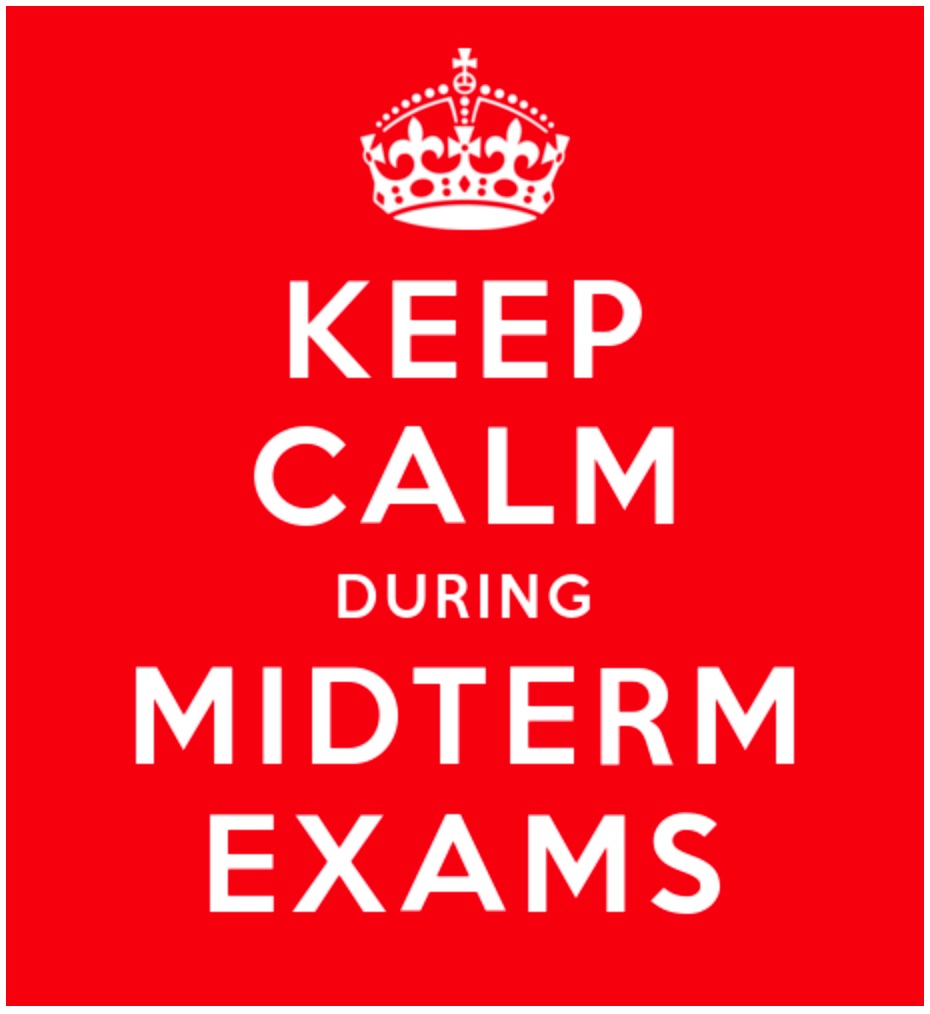 |
||||||||||||||
| Tuesday, April 1,
2025 spring break --> NO CLASS  |
||||||||||||||
| Thursday,
April 4, 2025 spring break --> NO CLASS  |
||||||||||||||
Tuesday,
April 8, 2025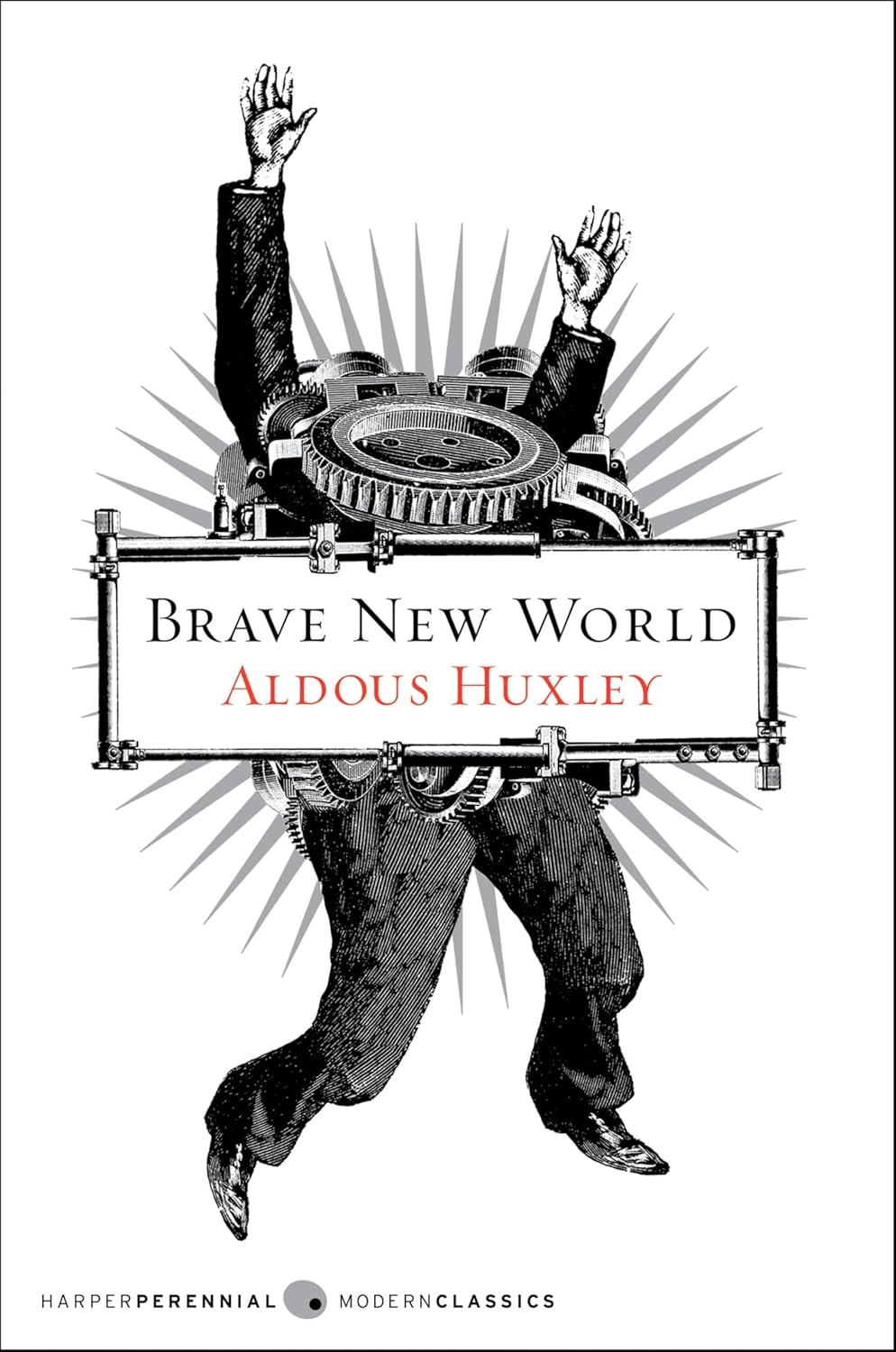 Refreshed and relaxed from your world tour (or, maybe, your sojourn on a couch in front of a TV), you return to our adorable, win-swept classroom, NE 271, having read the first 171 pages of Aldous Huxley's BRAVE NEW WORLD--to the end of Chapter 11. Routinely juxtaposed with Orwell's 1984, BRAVE NEW WORLD evolves as a bracing dystopia, a picture of the future meant to alarm, of course, but made even more alarming by its resonances with today. And, at the heart of this future world, or this dystopic vision of the future, is entertainment. Screened and felt, via the "feelies" and the soma drug that rules Huxley visionary future. Truly sinematic ("Orgy Porgy"), BRAVE NEW WORLD is usually taught as haunting science fiction. The true horror of the novel is that it is now more living fact. |
||||||||||||||
Thursday, April
10, 2025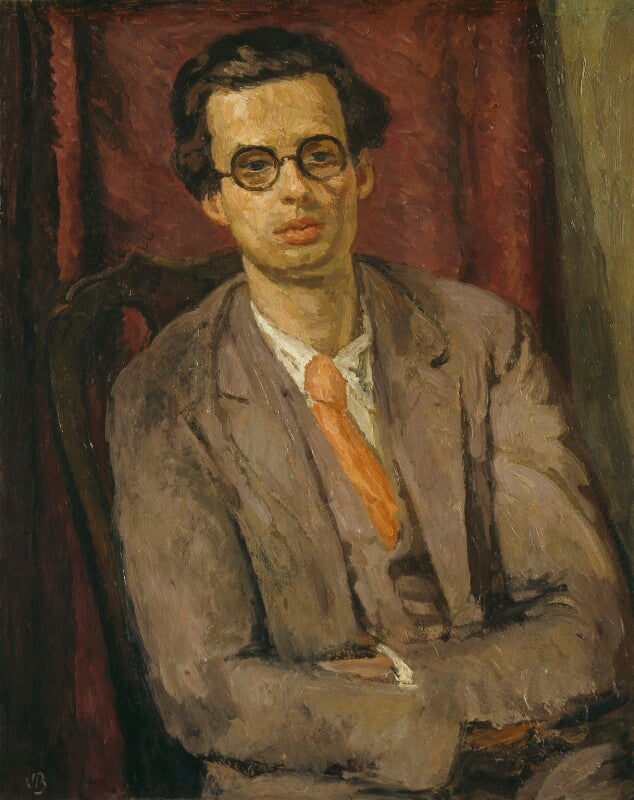 Walk into our classroom, having completed your reading of Aldous Huxley, BRAVE NEW WORLD. Come to class with two hand-written brief passages, no more than a couple of sentences each, you determine to be CRUCIAL to a critical reading of the novel and have noted onto paper and are ready to write about in class. |
||||||||||||||
Tuesday, April
15, 2025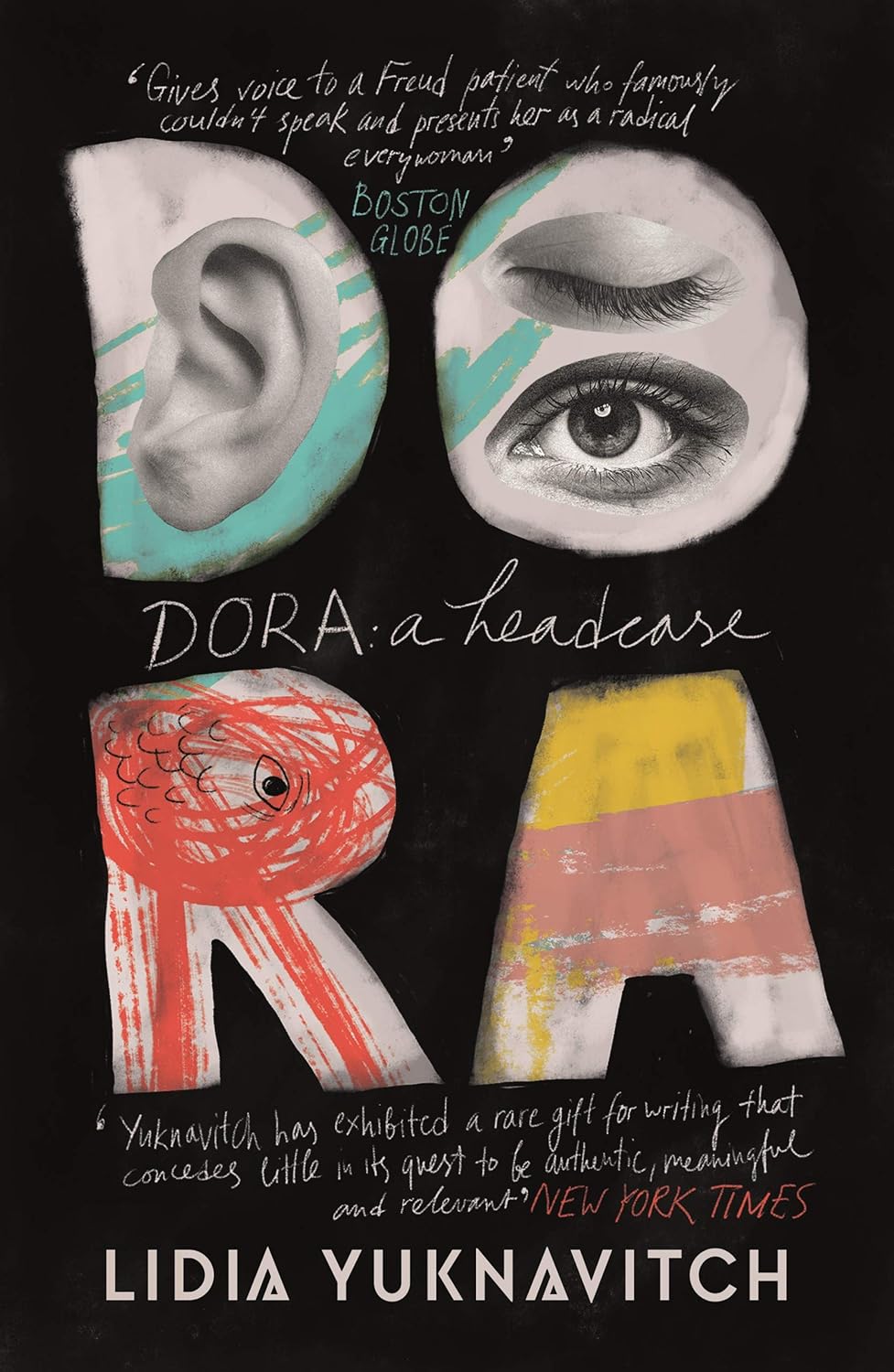 Lidia Yuknavitch, DORA: A HEACASE is on tap for this week with more heavy reading also in store for thee! Come to class having read to page 141, the end of Chapter 18. If you have the time, read a couple of passages or even just pages from Sigmund Freud's DORA case history, or, at the very least, an account of it here. As Yuknavitch's novel is a parody/revision/reinvention of the original, it will help to be able to marvel at her sordid, sinematic imagination! |
||||||||||||||
Thursday, April
17, 2025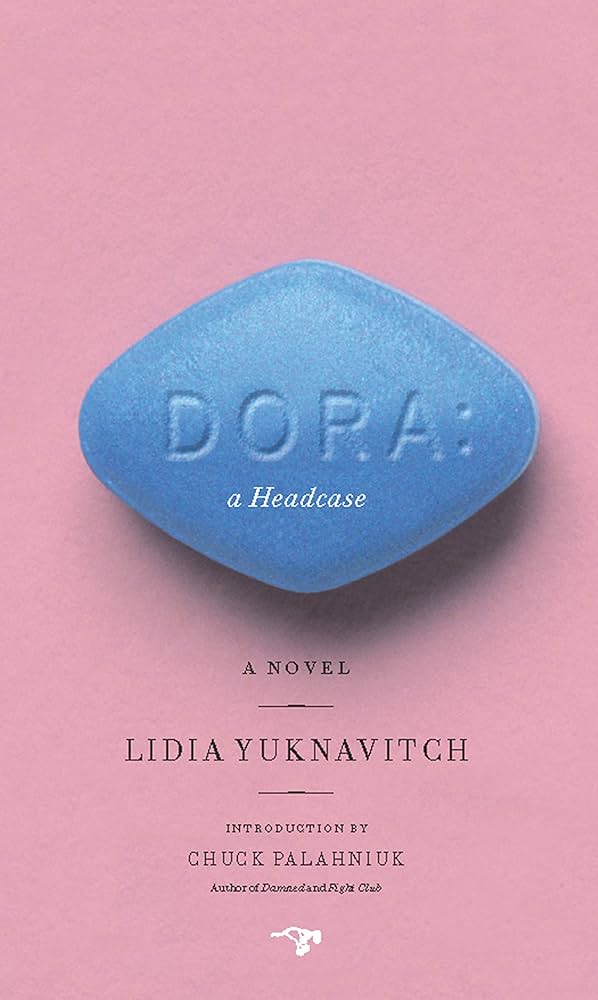 Walk into our chamber of lit/cinema having finished the lurid, evocative experience, that is Lidia Yuknavitch's novel. |
||||||||||||||
Tuesday, April 22, 2025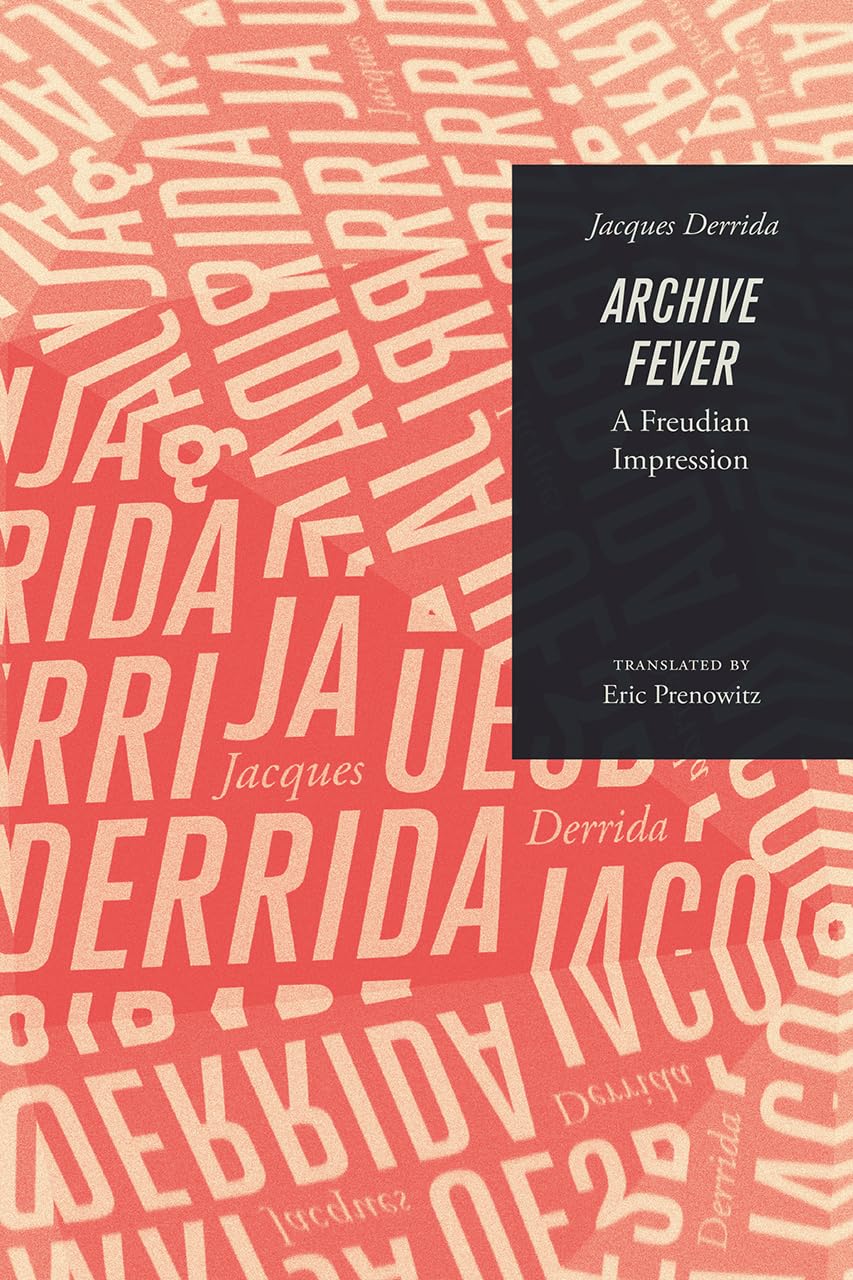 An outstanding pairing, as we couple Peter Greenaway's THE PILLOW BOOK with Jacques Derrida's ARCHIVE FEVER ... as when we screened TOUCH OF EVIL whilst reading TEX[T]-MEX, we aim to fuse our experience of the two works. In our discussion we will aim to examine the RESONANCES between Greenaway's sinematic genius and Derrida's expository, archive-laced, meanderings. Read to page 61 in ARCHIVE FEVER, to the end of his "Preamble." 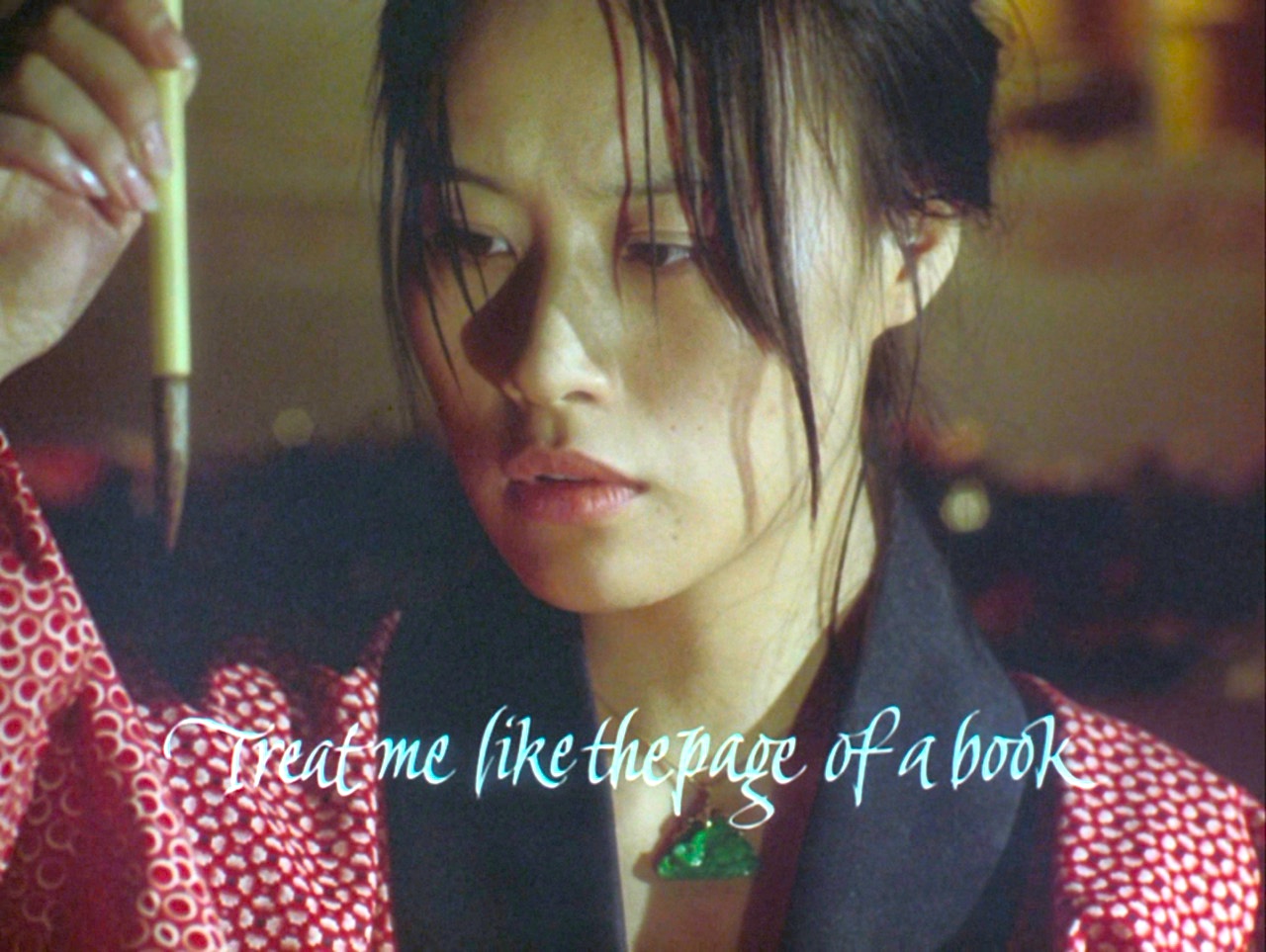 |
||||||||||||||
Thursday, April 24, 2025 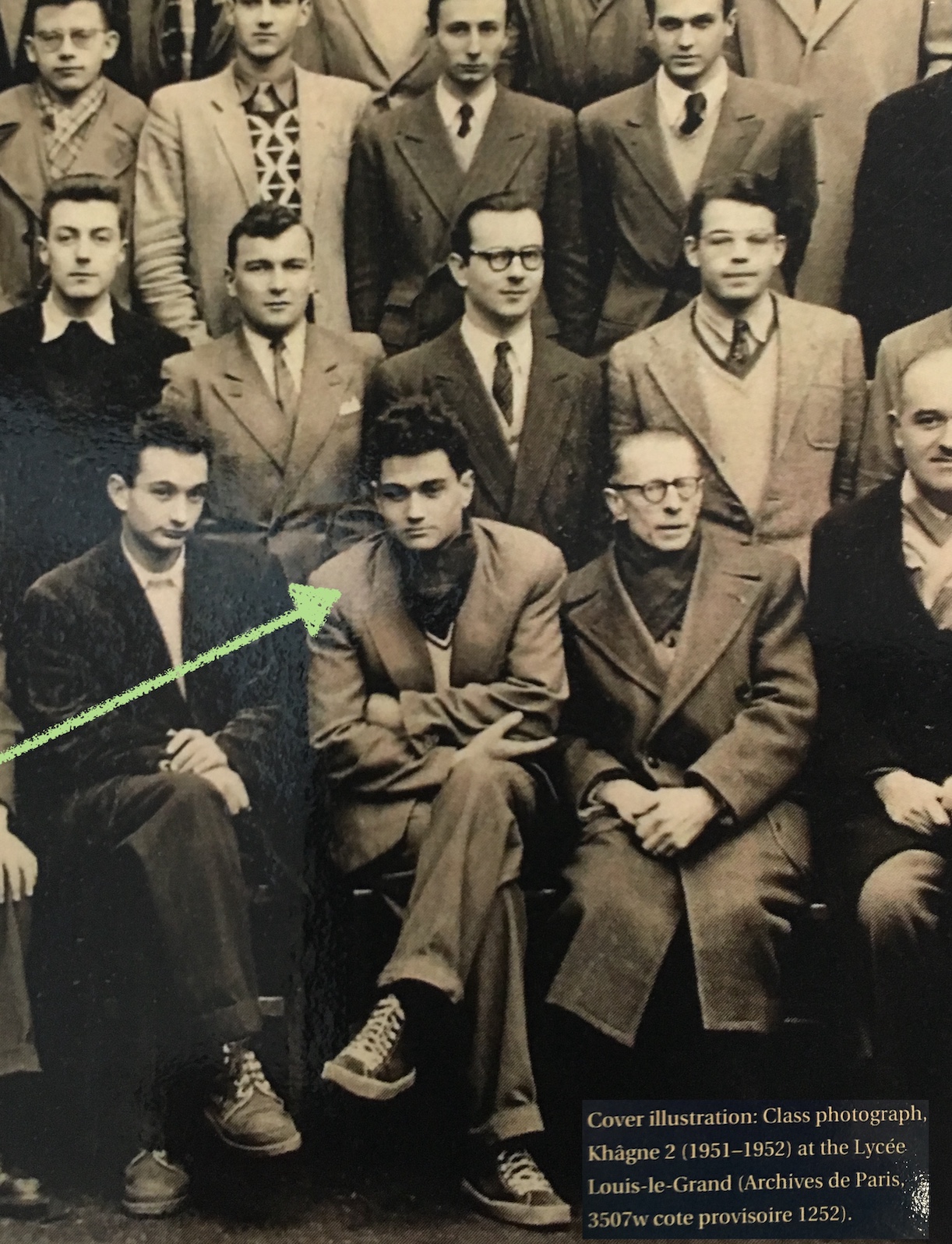 An outstanding pairing, as we couple Peter Greenaway's THE PILLOW BOOK with Jacques Derrida's ARCHIVE FEVER ... read as much of the rest of Derrida's book as gives you pleasure, but at least to page 81. 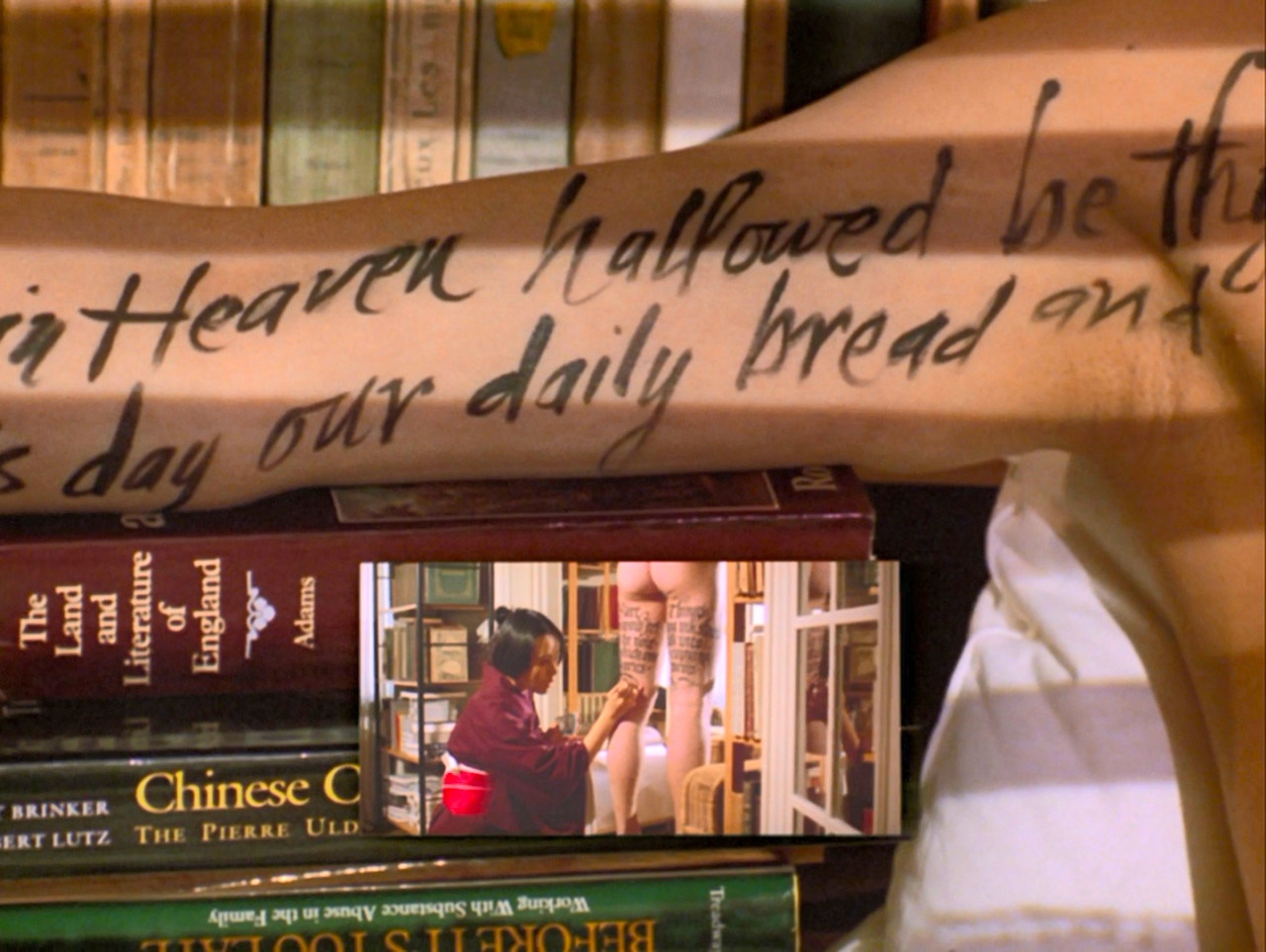 |
||||||||||||||
Tuesday, April
29, 2025
Roland Barthes 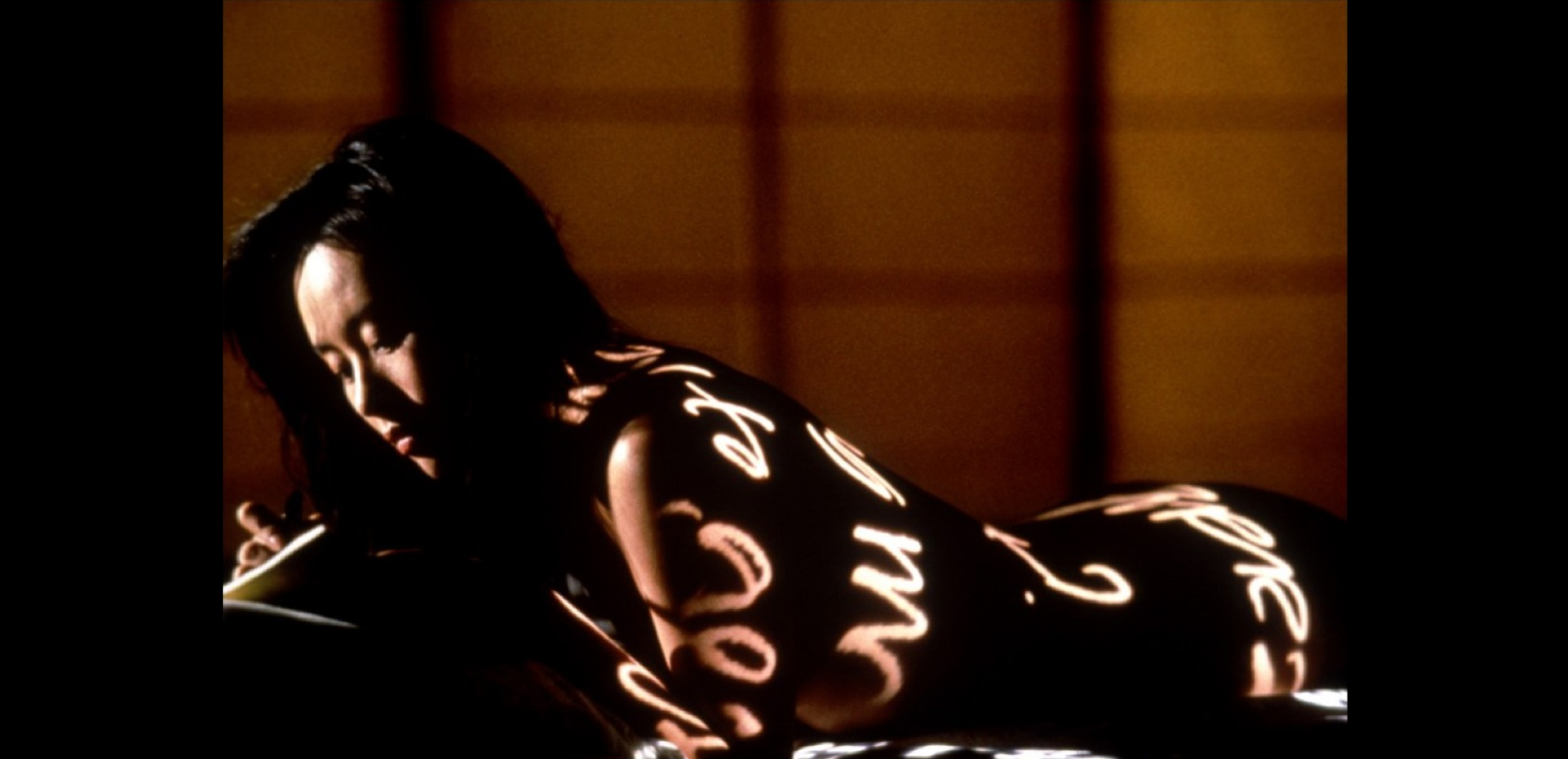 Barthes said that ultimately there is a patently sexual and sensual relationship that evolves between humans and books, between homo sapiens and the traces of the same found in ink and paper, and on the cascading lights of the silver screen. In class today, we finish our screening and discussion of Greenaway and Derrida. 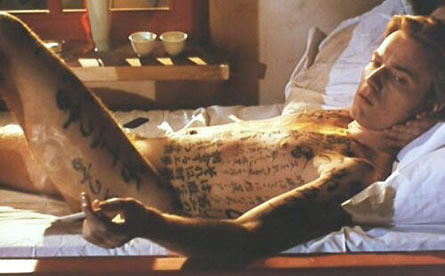 |
||||||||||||||
Thursday, May
1, 2025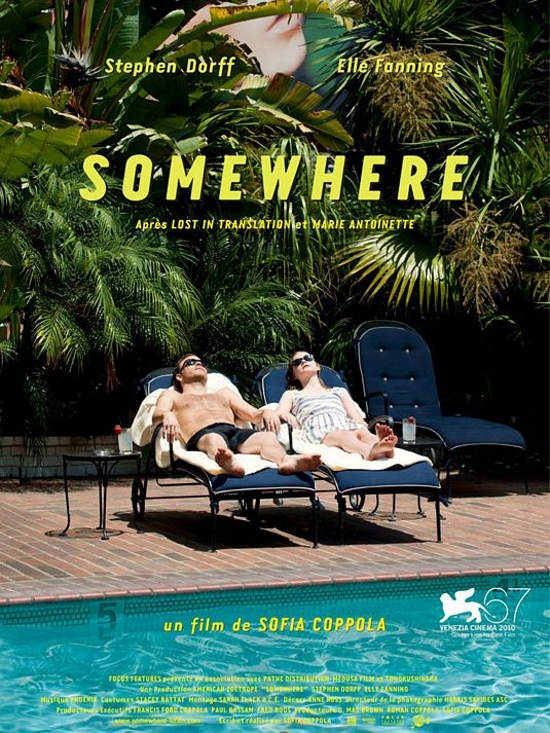 In class, we begin our screening and discussion of our final text, Sophia Coppola's SOMEWHERE ... no reading anymore for the rest of the semester so you can begin to review for the final! 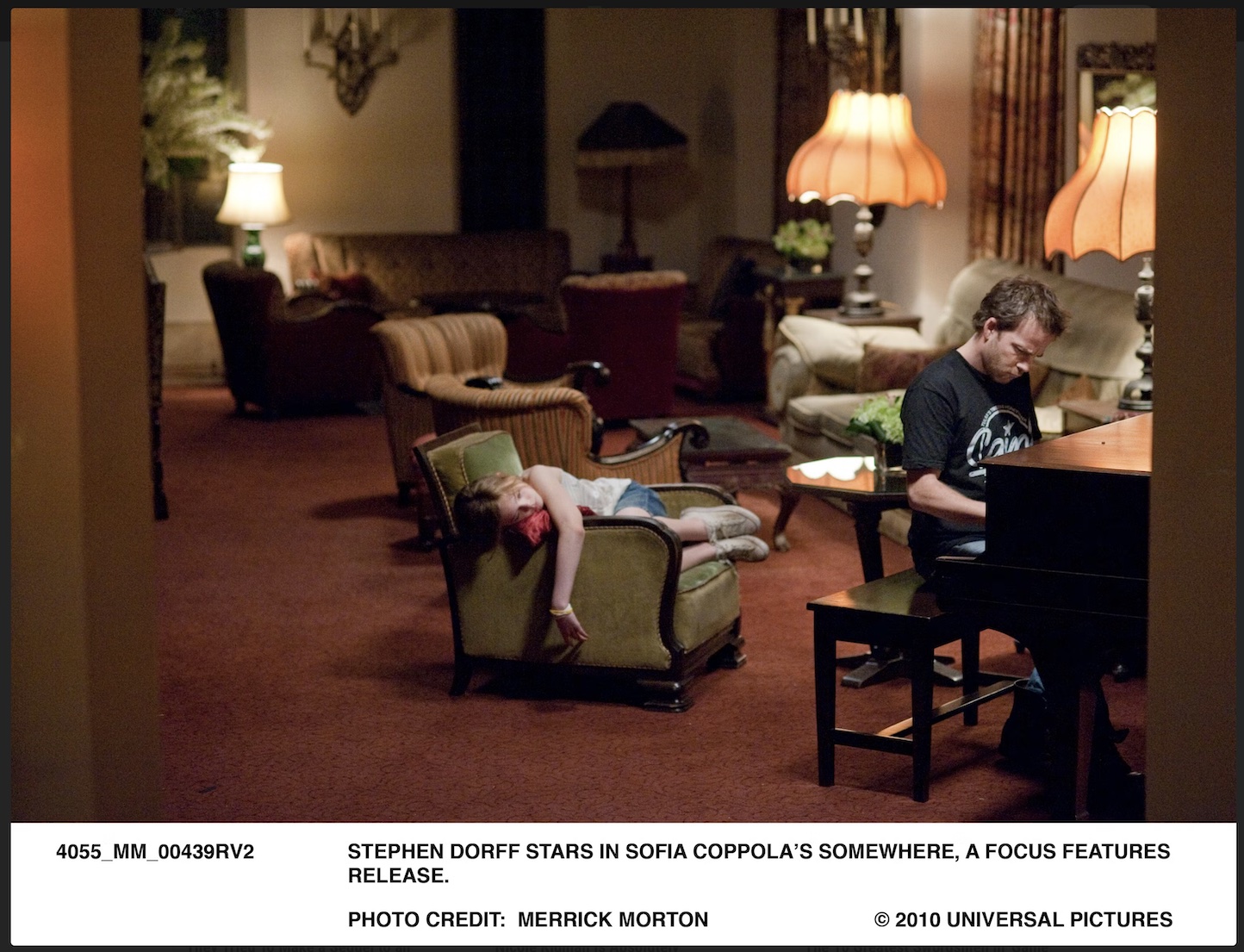 |
||||||||||||||
| Tuesday, May 6,
2025 Our semester concludes as we finish our screening of Sophia Coppola's SOMEWHERE If you wish, feel free to pre-screen the film here though joint watching together in class is preferred: 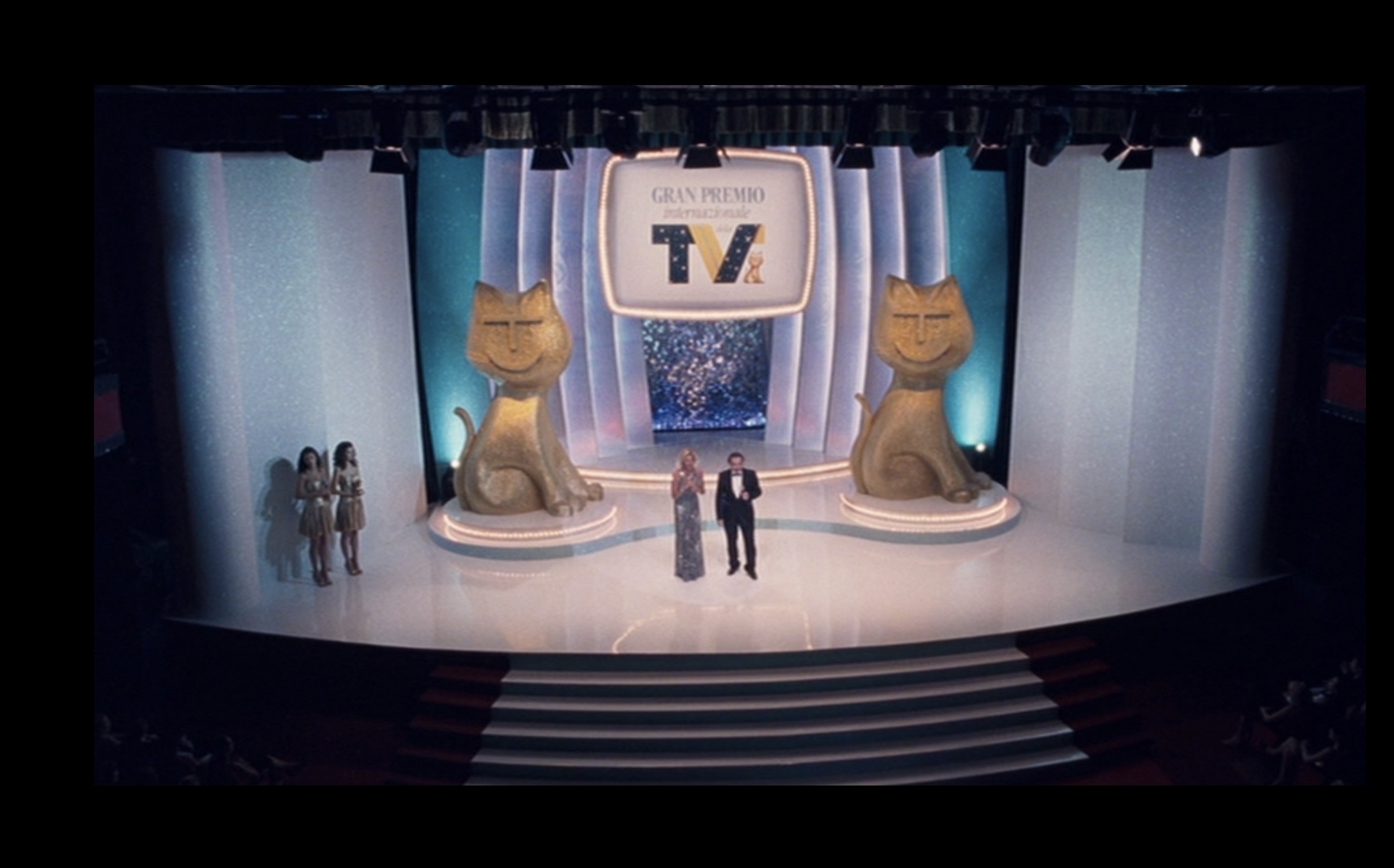
|
||||||||||||||
| Thursday, May 8,
2025 It's the last day of regular classes and we gather together one last time in our beige suite of corporate banality, North Education 271, to experience our final exam! 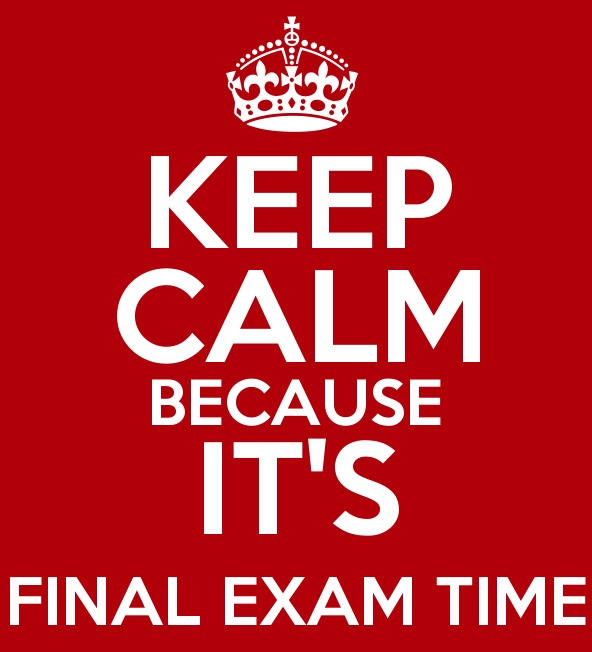
+ Class party! The Station @ South Park! 3-6ish  |
||||||||||||||
Class
Passport or How You Will Be Evaluated and What You
Have to Do to Succeed! s we navigate
this sin and cinema labyrinth of a class, the first
thing you have to determine is who you are and where
you are in your own personal academic adventure. As
our class blends undergraduate ECL majors/minors with
assorted MFA and MA graduate students, the rules of
the game vary depending on which constituency you
belong to! s we navigate
this sin and cinema labyrinth of a class, the first
thing you have to determine is who you are and where
you are in your own personal academic adventure. As
our class blends undergraduate ECL majors/minors with
assorted MFA and MA graduate students, the rules of
the game vary depending on which constituency you
belong to!Undergraduates in the class will be largely evaluated on the basis of their day to day class participation, in-class writing, and performance on the midterm and final. Graduate students performance will be similarly evaluated but you have the choice of skipping the final exam for a final essay. Whether you are a part of one or the other, all of us (including me!) are expected to come to every class having completed the reading and writing assignment for a given day. These appear in your day to day literature/cinema adventure calendar! All of us are going to be serious about cinema and literature -- and about "sinema," whatever that turns out to be! But not serious in the "heart-attack" sense of "serious"; more like serious in the "great, now i have to be accountable for my intellectual range, preparation, imagination, and curiosity" sense. So my expectation is that you will enter each class session having carefully completed the assigned reading for a given day -- after all, if you do not intend to keep up with the readings, why be part of the adventure? My desire is that you will come to each class on Tuesday and Thursday having both prepared the material by doing the reading, but that you will also have surveyed recent reviews on said work, look up if there is any sexy research on the work or in the field of said work, and, lastly, even, preparing questions (both discussion questions and close-reading-related questions) to share with your professor and your fellow students. Mid-Term Exam & Final Exam There will be two exams during the course of the semester -- a midterm, Thursday, March 27, 2025, and a final exam, Tuesday, May 6, 2025. You will also have the opportunity to write a final paper in lieu of the final exam. More information on this to follow. Grading Information In-class free writes / writing challenges, class participation / attendance, social media-postings, etc. --> 33% MidTerm, Thursday, March 27, 2025 --> 33% Final, Tuesday, May 6, 2025 --> 33% Chutzpah, ganas, will, & drive --> 1% --------- Note: Graduate students have the option of skipping the final exam and concentrating on their seminar essay option. Undergraduates, too, are welcome to write a brief essay; drop into office hours to discuss this option. Seminar Essay Option --> 66% Chutzpah, ganas, will, & drive --> 1% Requirements for Graduate Students Only! Graduate Seminar Presentations -- only for graduate students 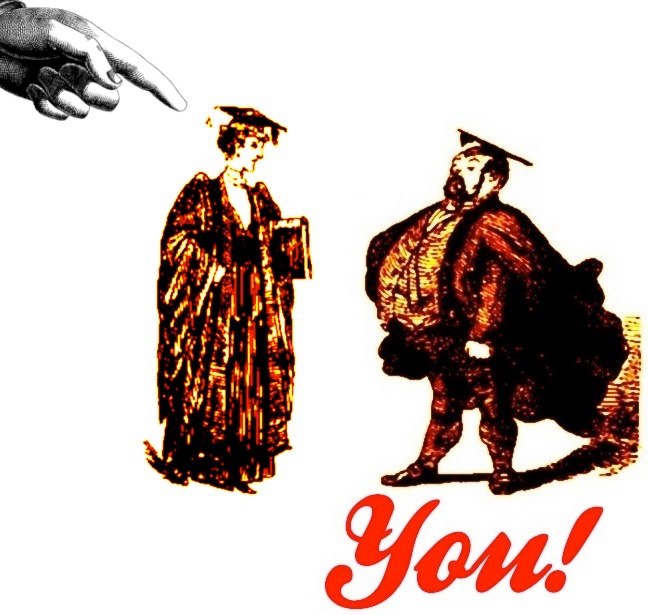 Graduate Student presentations are
not mandatory for this class--however, if you spy an
upcoming work on the reading list and you want to
deliver a 10 minute presentation that will benefit
your development as a scholar, write me at
bnericci@sdsu.edu and give me a heads-up about your
wishes! Yes, this will bless you with "extra-credit"
which MAY be of use when it comes time to determine
your grade. *undergraduates thinking about applying
to graduate school can volunteer as well to give an
in-class presentation. Graduate Student presentations are
not mandatory for this class--however, if you spy an
upcoming work on the reading list and you want to
deliver a 10 minute presentation that will benefit
your development as a scholar, write me at
bnericci@sdsu.edu and give me a heads-up about your
wishes! Yes, this will bless you with "extra-credit"
which MAY be of use when it comes time to determine
your grade. *undergraduates thinking about applying
to graduate school can volunteer as well to give an
in-class presentation.Seminar Paper (Optional for both graduate students and undergraduates). It is expected that you will produce an amazing piece of rhetorical excellence in the course of the semester -- a seminar paper or essay. To that end, you will submit to me by noon, Friday, May 3, 2023, via email to bnericci@sdsu.edu, a well-researched, nicely crafted, exquisitely-honed critical essay anywhere from 15 to 22 pages. The essay should be typed, double-spaced, and carefully proofread. What will this beautiful essay be about? That's the fun part! Let us first consider the obvious: you are an advanced undergraduate or graduate student. What does that mean? It means that you are a scholarly apprentice of sorts. You are one in a long line of individuals who aspire to scholarship--someone who aims to produce an exegesis of the first order. Like it or not, one of the things that will determine whether or not you have what it takes to get past the gates at the ivory tower is your writing. It used to be that writing for literary journals was an extended exercise in pain and self-abuse. But the field is changing and so are its journals. That is the easy part. How will you go about imagining this essay? Please have your essay derive or be based in large part on a text, author, director, theme, genre which is part of the required material for our class; moreover, I am also open to you conceiving of your submission to me as a draft chapter from your master's thesis, or a possible submission to critical journal.  Footnote
vs. endnote? MLA style vs. Chicago style vs. APA
style? Footnote
vs. endnote? MLA style vs. Chicago style vs. APA
style? These controversies have been solved for you in advance. As part of your assignment, I want you to immerse yourself in the variety of journals now publishing essays in , literature, film studies, cultural studies, comparative literature and contemporary studies in comparative cultures. You may complete this immersion here at SDSU's Love library, at USD, or UCSD. Some pretty good journals include: american literature, boundary 2, critical inquiry, social text, pmla, south atlantic quarterly, camera obscura and cinema journal. Think of your essay, then, as an exercise in role-playing--any question you might have about format, tone, styles, footnoting tactics and the like will be answered by the editorial policy of the journal you select as your guide. Do please submit with your seminar essay, a copy of one essay from the journal you have selected that represents to you the BEST that journal has to offer. Also, if you can find it, include a xerox of the page in the journal where they tell prosepective contributors how to format their submissions. Do note that our library has great, full-text, online journal archives like project muse and jstor--if you are off campus, you may have to log-in through the SDSU Libweb server reference index to access these invaluable index. If you have any question as to the appropriateness of a journal just give me a call or pull me aside and ask me. What can you write on? Well, just about anything. I imagine the best exercise will be to throw all your books and notes on a table, think about what are some of the provocative issues that have stayed with you during the term and then head off to the library and those endless stacks of scholarly journals. By the time you’ve paged through all those journals and get back to your books and notes, you’ll have a firmer grasp on the goals of your analytical adventure. You’ll also probably have a headache -- welcome to academe. Seminar Paper Prompts Seminar Paper Prompts  I don't usually give
out essay prompts to graduate students--the reason
for that is simple: graduate students should be
pursuing their own line of research, building on
the required readings for the class, but also,
then, voraciously researching hunches/ideas that
appeal to THEIR intellectual sensibility. However,
I realize that not all graduate students in an MA
program are ready for that level of engagement, so
I will provide here, for your entertainment and
delight, a short list of seminar paper prompts: I don't usually give
out essay prompts to graduate students--the reason
for that is simple: graduate students should be
pursuing their own line of research, building on
the required readings for the class, but also,
then, voraciously researching hunches/ideas that
appeal to THEIR intellectual sensibility. However,
I realize that not all graduate students in an MA
program are ready for that level of engagement, so
I will provide here, for your entertainment and
delight, a short list of seminar paper prompts:1. a. Select a journal you adore and want to imagine yourself published in--use it as an editorial template of sorts to guide the completion of your essay. b. Author an original piece of scholarship that speaks to some idea that connects two or three of the works we have read this semester with a couple of recent scholarly essays on literature and cinema in the 20th and/or 21st century. 2. a. Select a journal you adore and want to imagine yourself published in--use it as an editorial template of sorts to guide the completion of your essay. b. Redefine the term "sinematic bodies" using three works we have experienced this semester. 3. a. Select a journal you adore and want to imagine yourself published in--use it as an editorial template of sorts to guide the completion of your essay. b. Go to this page from a class I taught back in the day. Take one of the essay prompts and warp it, adapt it, combine it, deconstruct it in such a way that it enables you to write about ideas associated with two or three of the works we read this semester. 4. Roll you own. Make up your own thesis that incorporates two or more works from our required reading this term. More to come! Office Hours My office hours are on Tuesday afternoons from 11am to 2:00pm, after our seminar, and by appointment, in Arts and Letters 273 (though you may find me in AL 283 from time to time). Do please make the time during the course of the semester to come on out and introduce yourself and be a real, living, breathing, person -- the social dimension of intellectual life is key to your development as a graduate student and, believe it or not, it will make it easier for you to emerge as a dynamic agent of our seminar. My phone number here at SDSU is 619.594.1524, but the best way to make sure you get hold of me is email: bnericci@sdsu.edu My office is pretty easy to find, it's at the end of the hall to your left after you enter the Arts and Letters building 2nd floor, ground-level entrance. Click the image opposite to see what awaits you! More Stuff
RULE 1: BOOKS_BOOKS_BOOKS BUY THE BOOKS AND READ
THEM--DON'T COME TO SEMINAR WITHOUT YOUR BOOK!
Though we very
much adore living in the 21st century, we
will, for the most part use ANALOG, printed
books in this class. So check out each
one and buy them now! RULE 2:
RULE 3:
Your laptop
will be asleep IN YOUR BAGS during
class--or, better yet, resting in your dorm
room or apartment. Have you
noticed how anytime a student uses a laptop in
an auditorium there is a "cone of distraction" alongside
and behind the student using a computer? This is usually due to said student surfing the web via wi-fi perusing erotic delights or god knows what. I was recently at a cool (ok, it was slightly boring, I confess) lecture by a noted writer--as I tried to listen to her, in front of me, a diverted student (attending the lecture, no doubt, for extra-credit) was perusing sites like these (nsfw or school). So, laptops are GREAT for entering your notes AFTER class, but they will not be allowed in our lecture hall. If you have an issue with this, schedule a meeting with me during office hours to chat the first week of class. RULE 4:PARALYZE THE SMARTPHONE!
RULE 5:
In the university, plagiarism refers to the art and crime of presenting other people's work under your own signature, aka cutting and pasting copied crap from Wikipedia--definitely a BAD thing. While your professor is forbidden by CSU/SDSU code from tattooing the word LOSER on the foreheads of guilty students, he can promise that felonious students will be remanded to the state-authorized SDSU executioners. Read THIS as well--SDSU is SERIOUS about this shit, so don't take any chances! Rely on your own singular mind and imagination! |
||||||||||||||
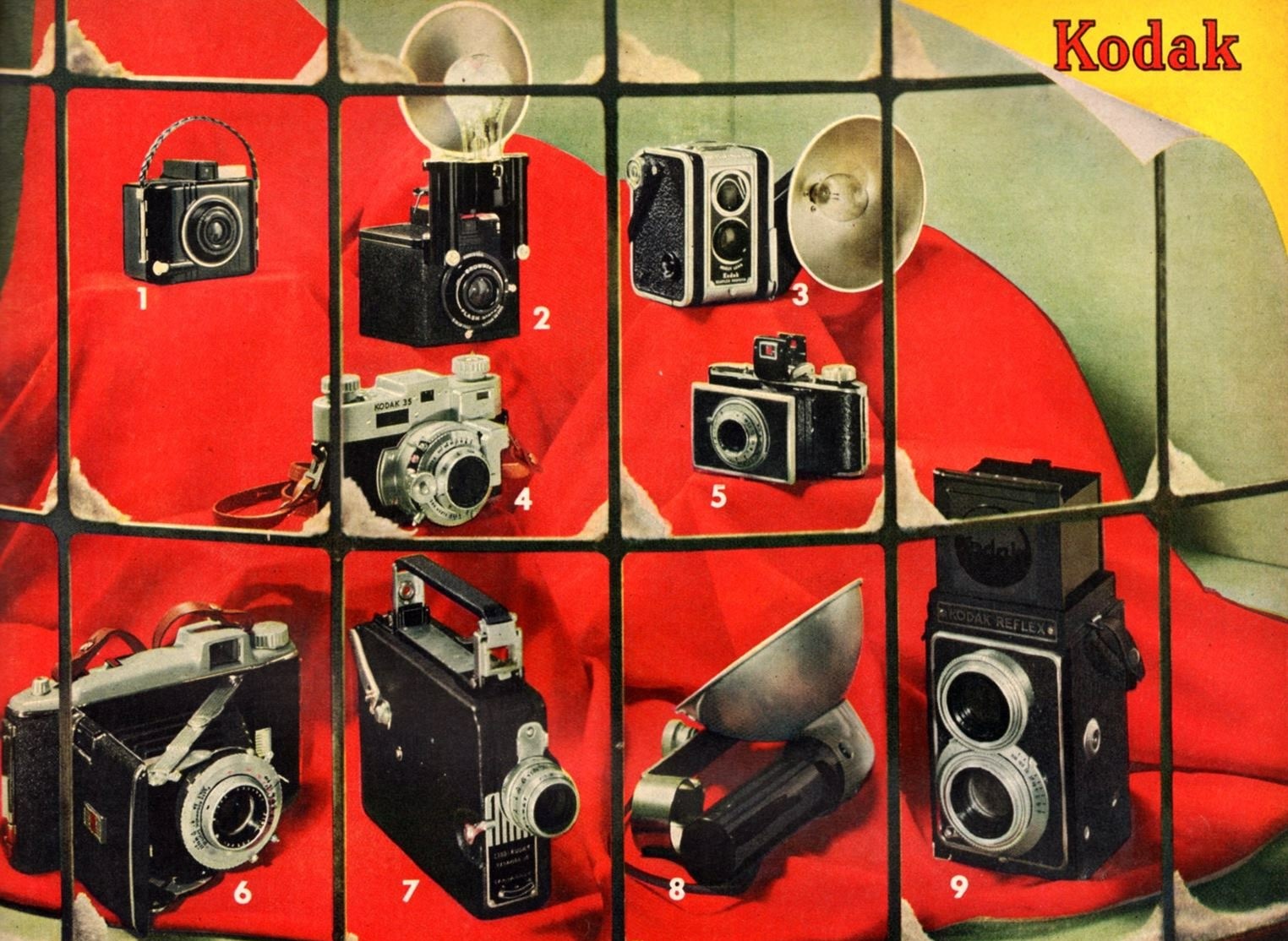 |
||||||||||||||
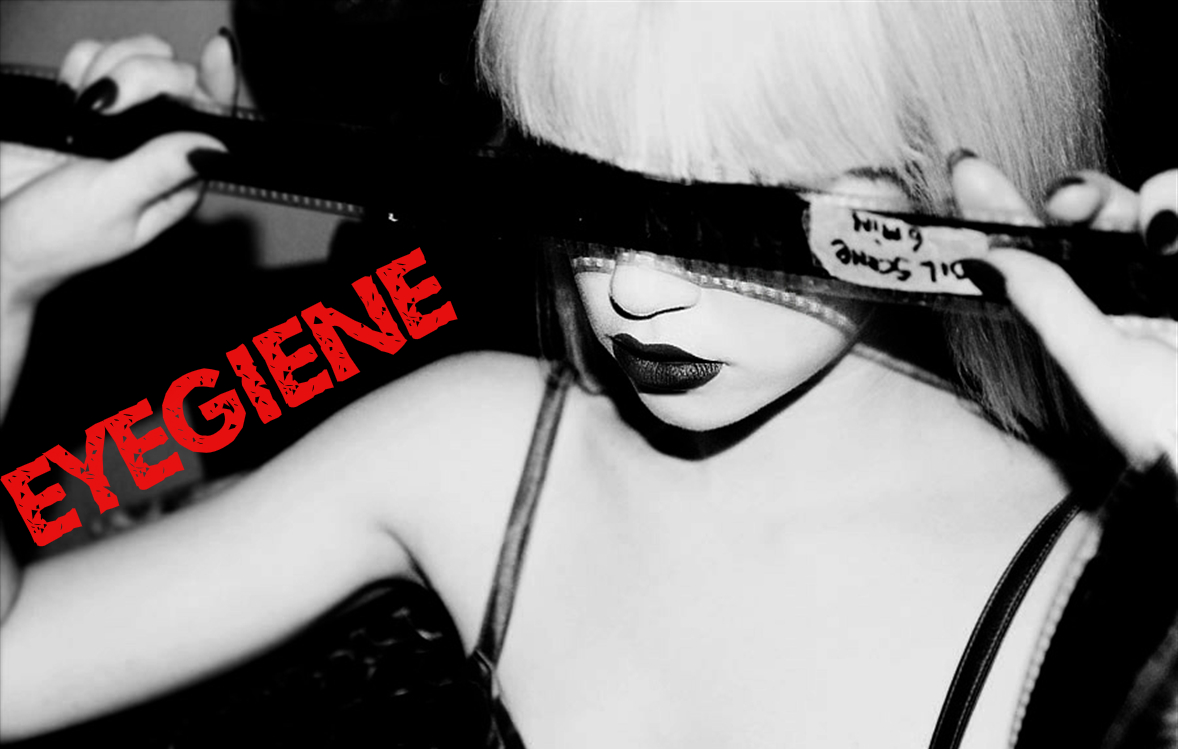  |
||||||||||||||
This class is dedicated to the
memory of my dear friend and arts co-conspirator,
Leon Lanzbom, who the gods took from us way too soon! You can see the first |
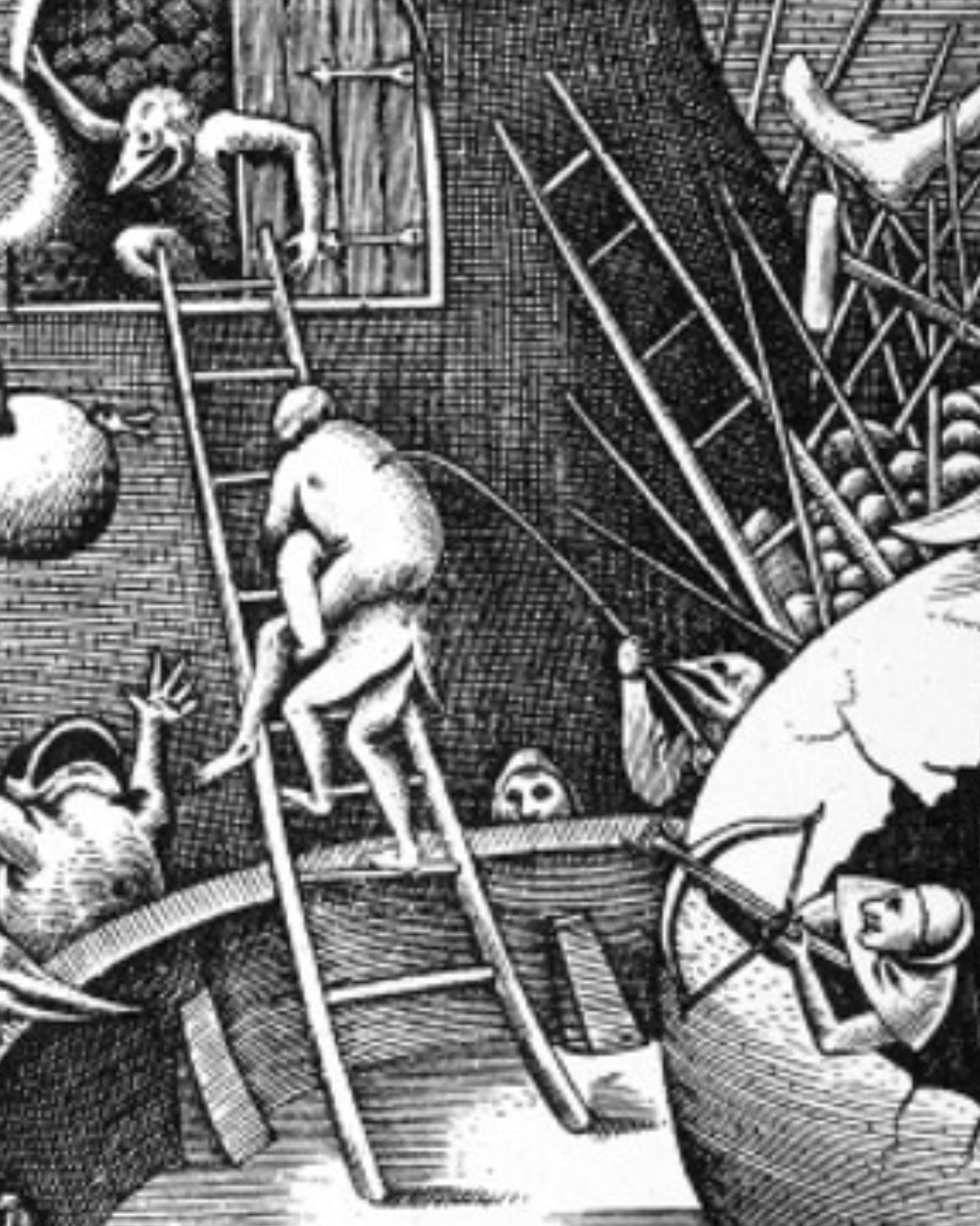
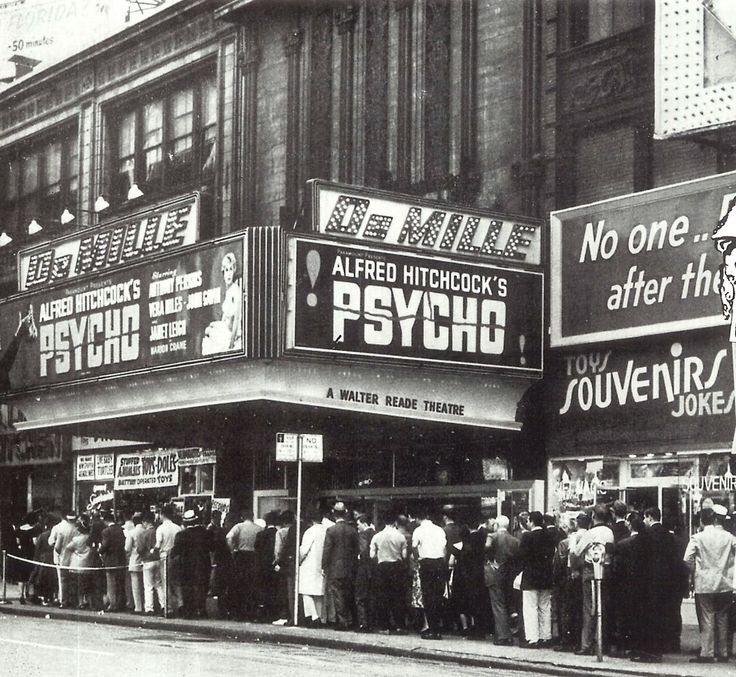
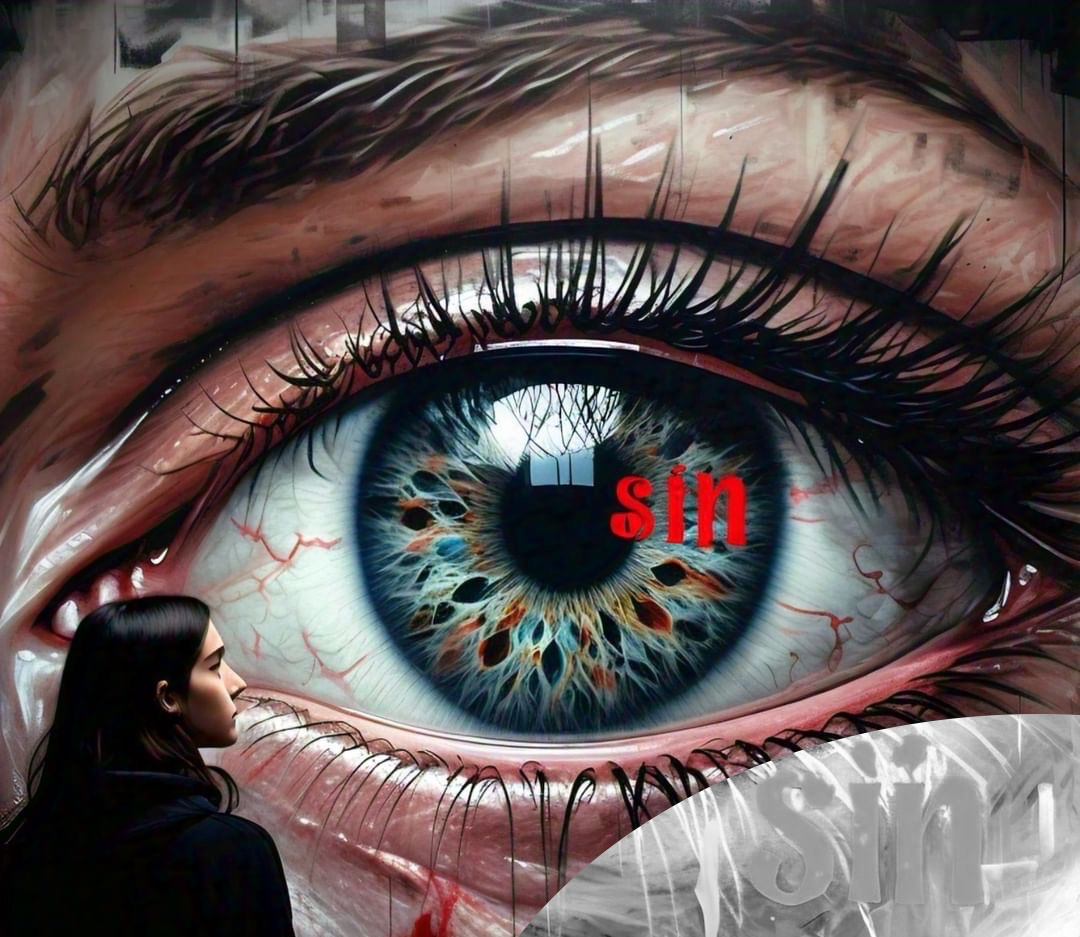
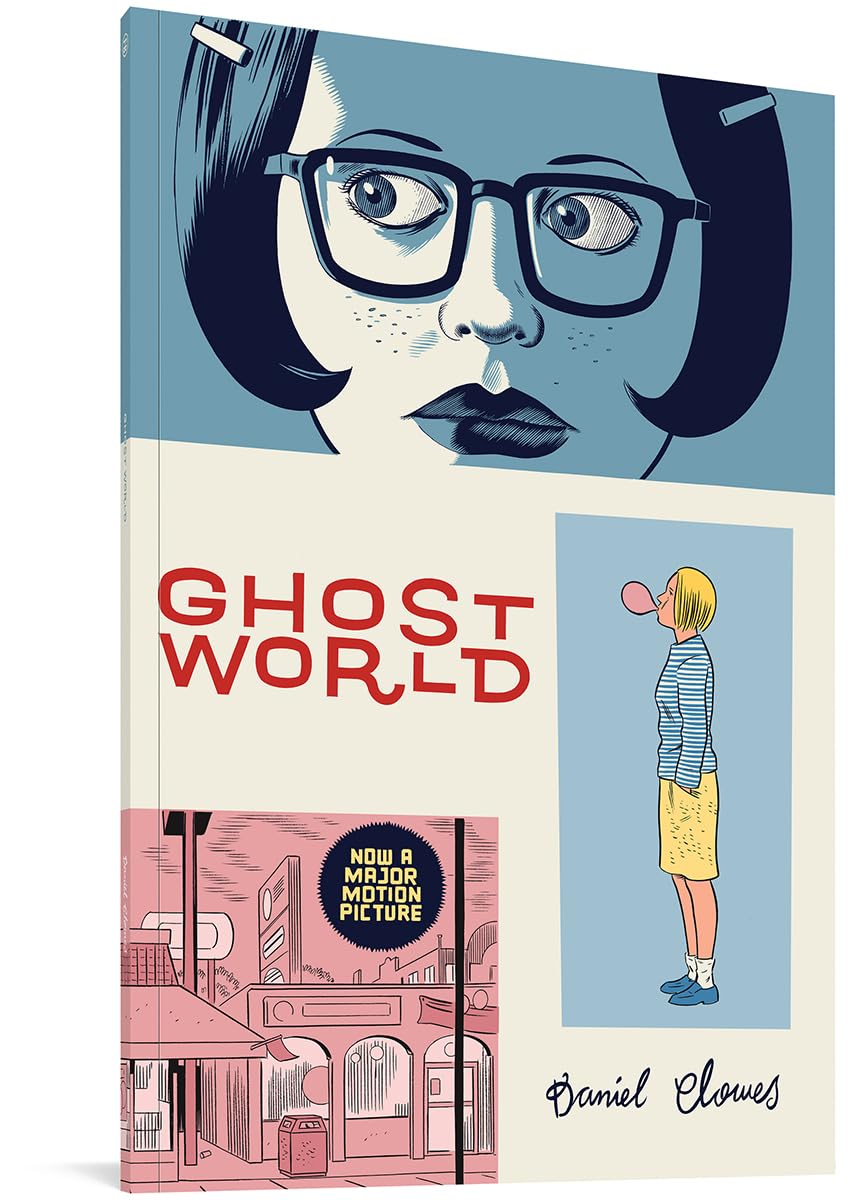
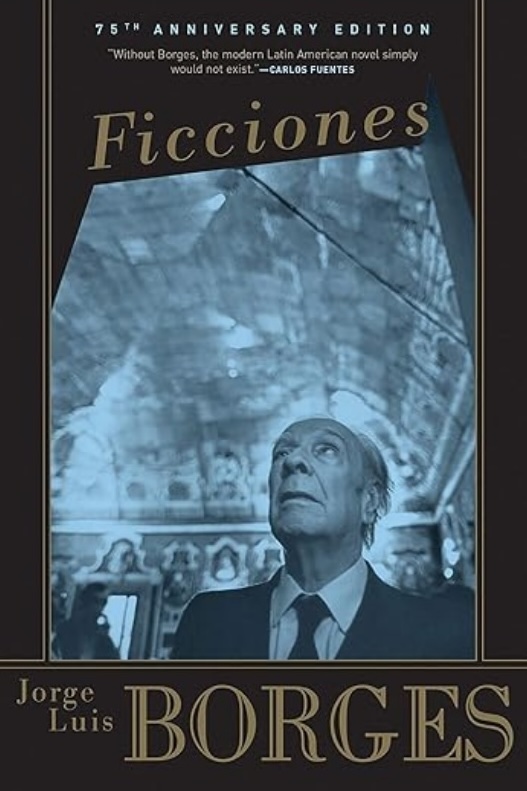
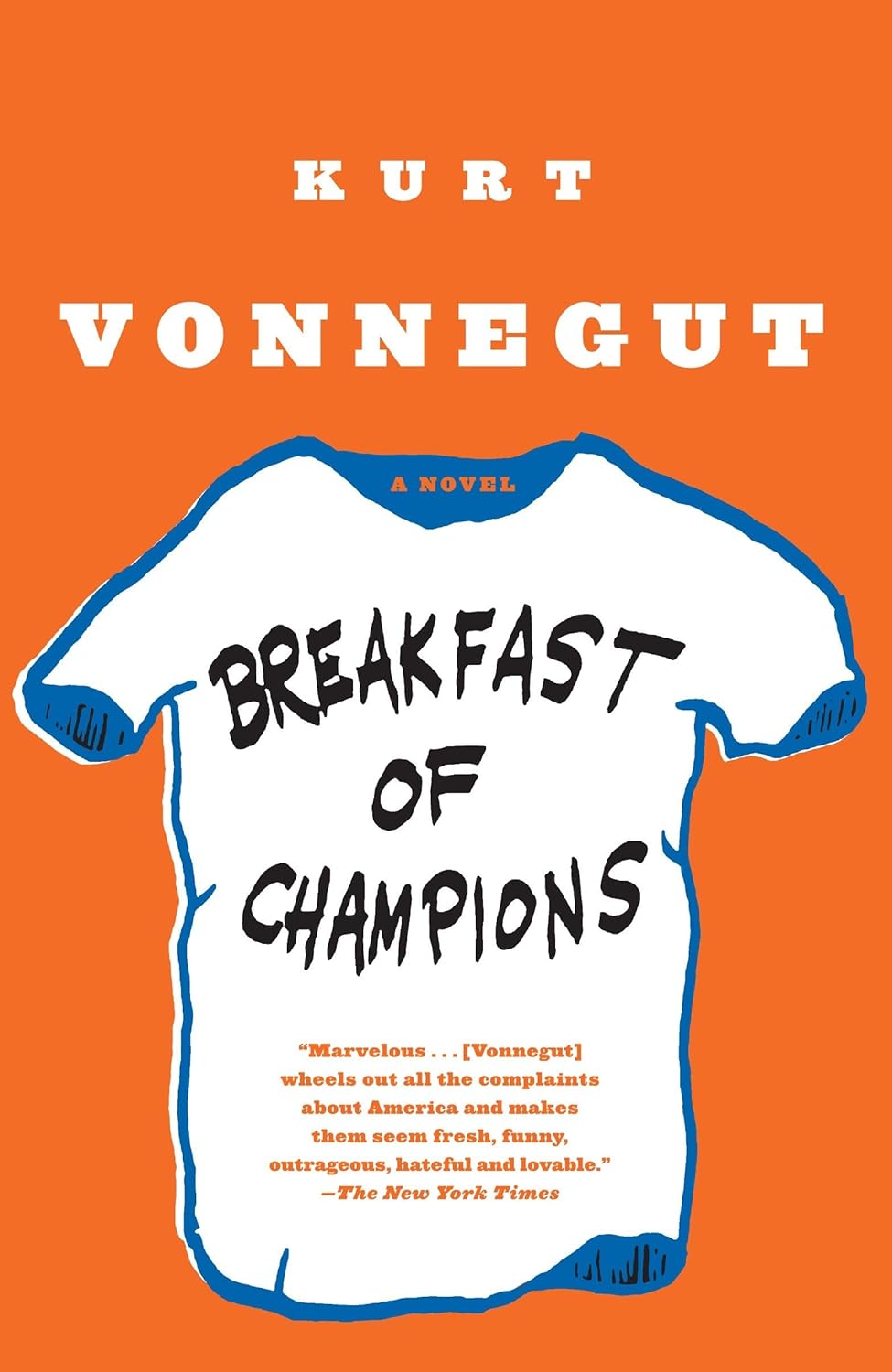
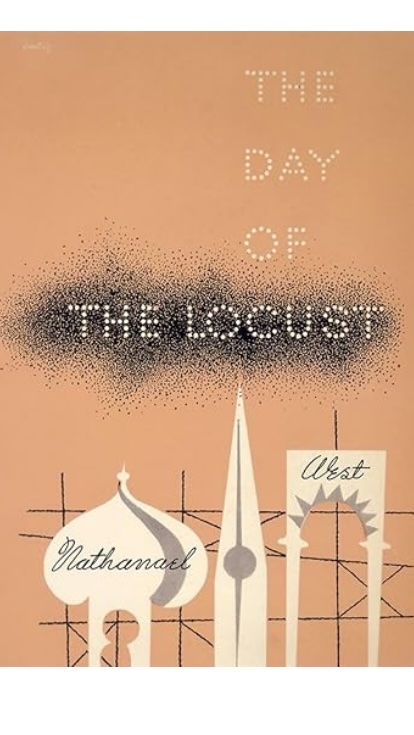

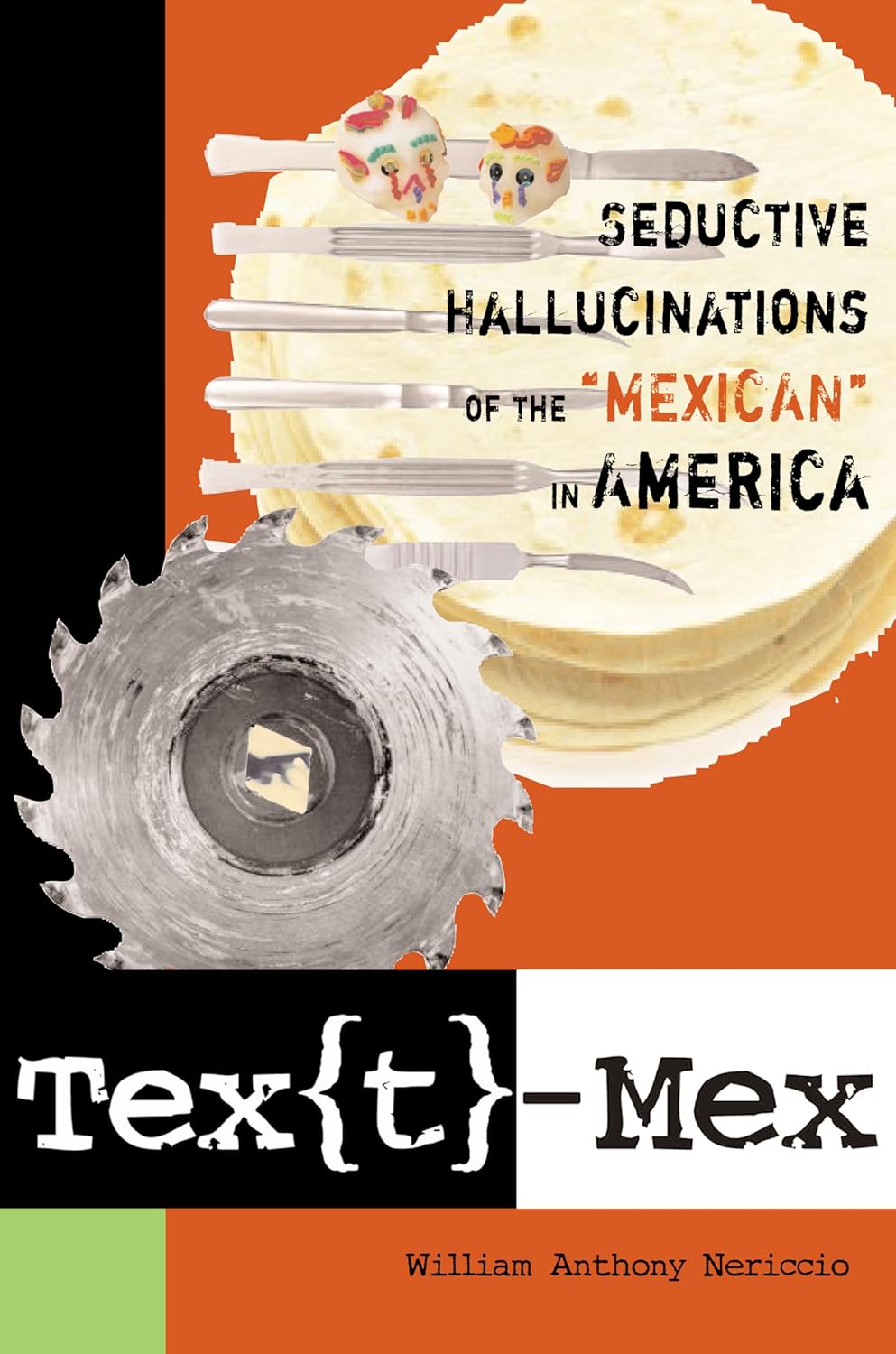
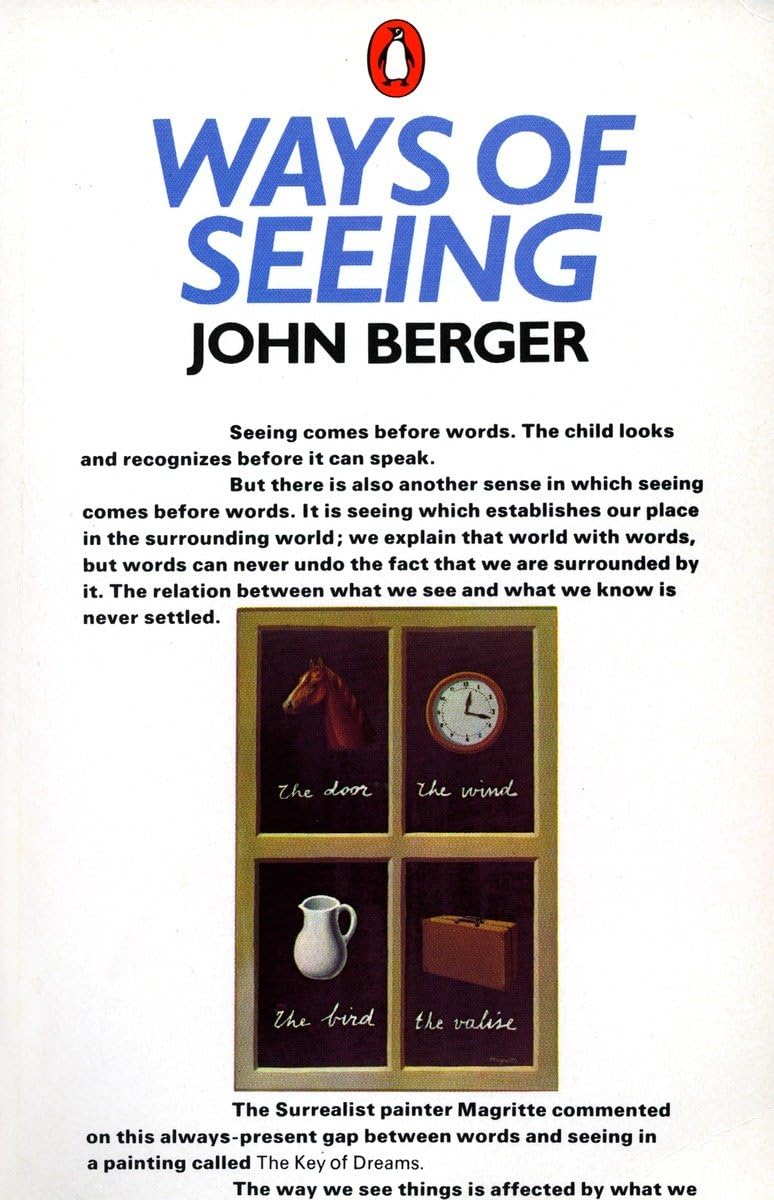
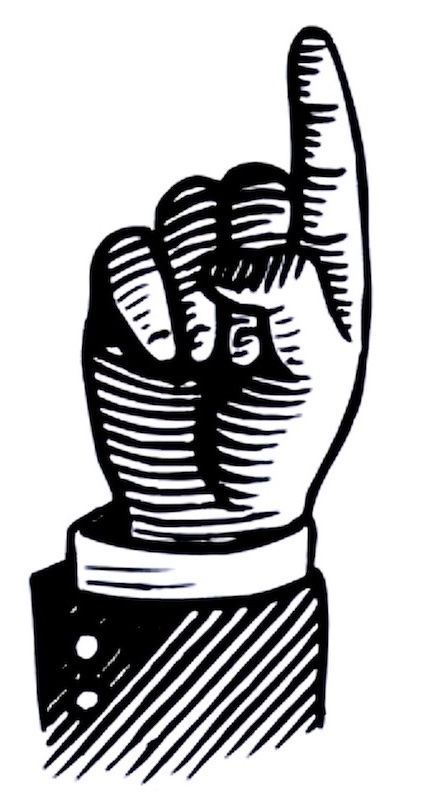
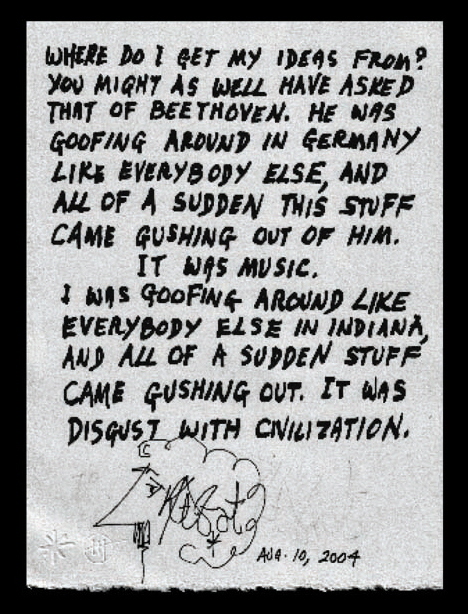
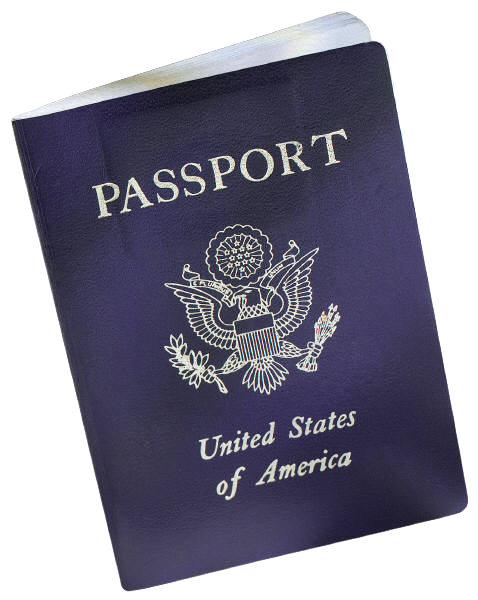
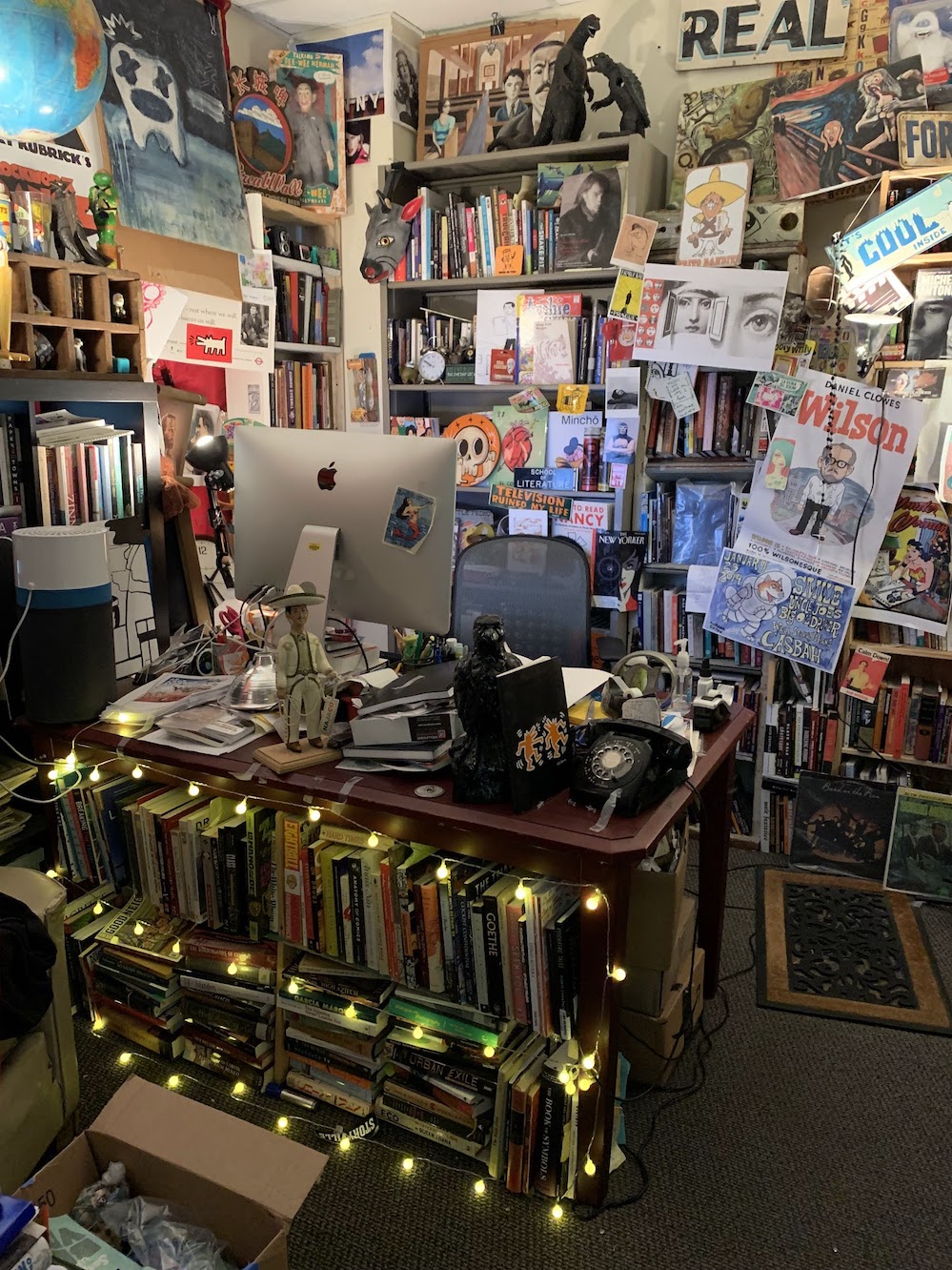
 When you
enter this room for class you will have
completed
When you
enter this room for class you will have
completed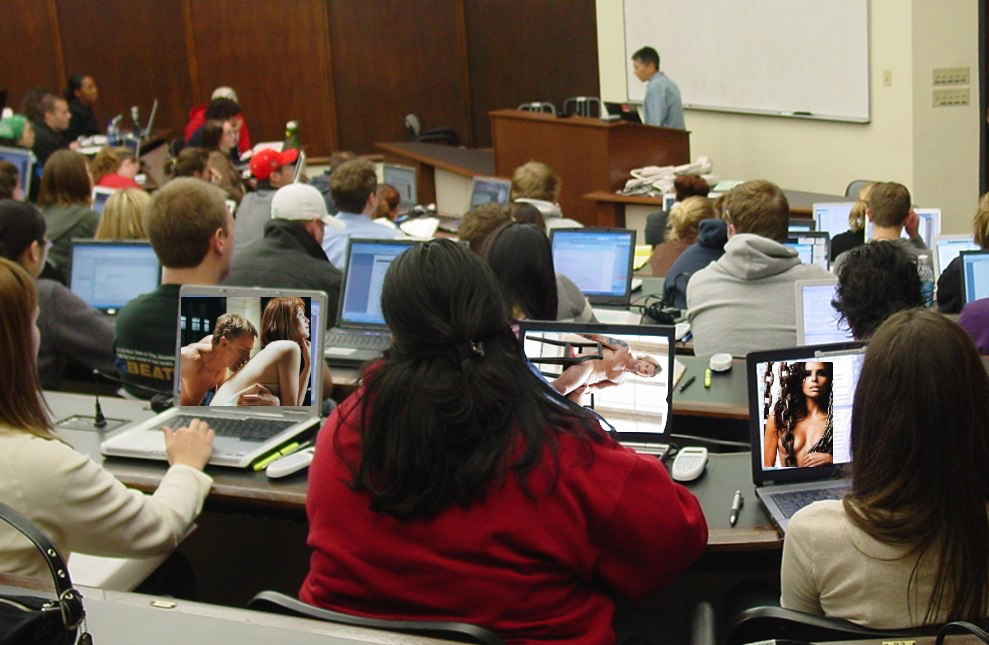

 Yes, the
trauma of that delayed text, yes, the horror of
that missed hook-up call, yes, the loss of the
buzz of that random Tinder swipe will no doubt
doom you to years and years on an
psychoanalyst's couch, but we, the rest of us,
will gain some silence, a kind of sanctuary
without which ideas wither on the vine.
Yes, the
trauma of that delayed text, yes, the horror of
that missed hook-up call, yes, the loss of the
buzz of that random Tinder swipe will no doubt
doom you to years and years on an
psychoanalyst's couch, but we, the rest of us,
will gain some silence, a kind of sanctuary
without which ideas wither on the vine. 